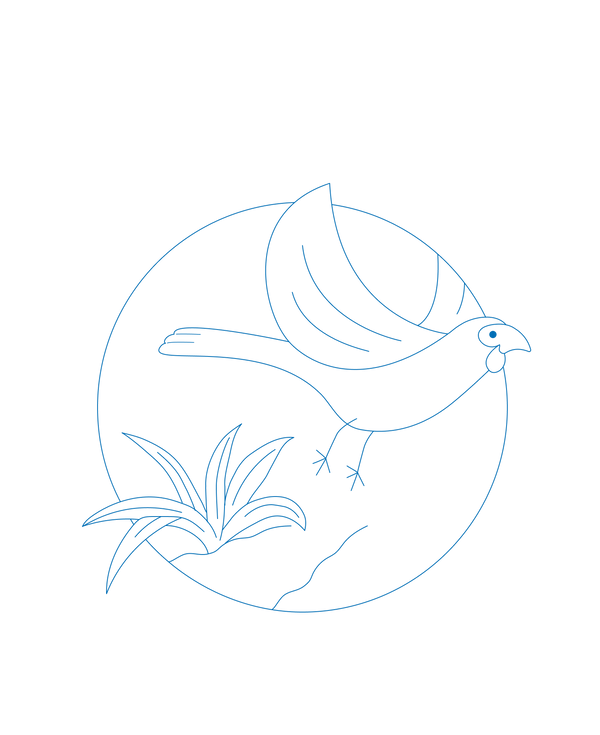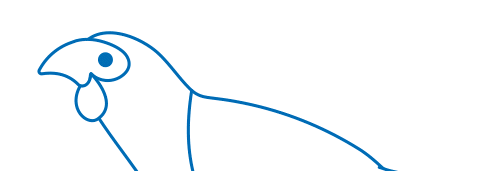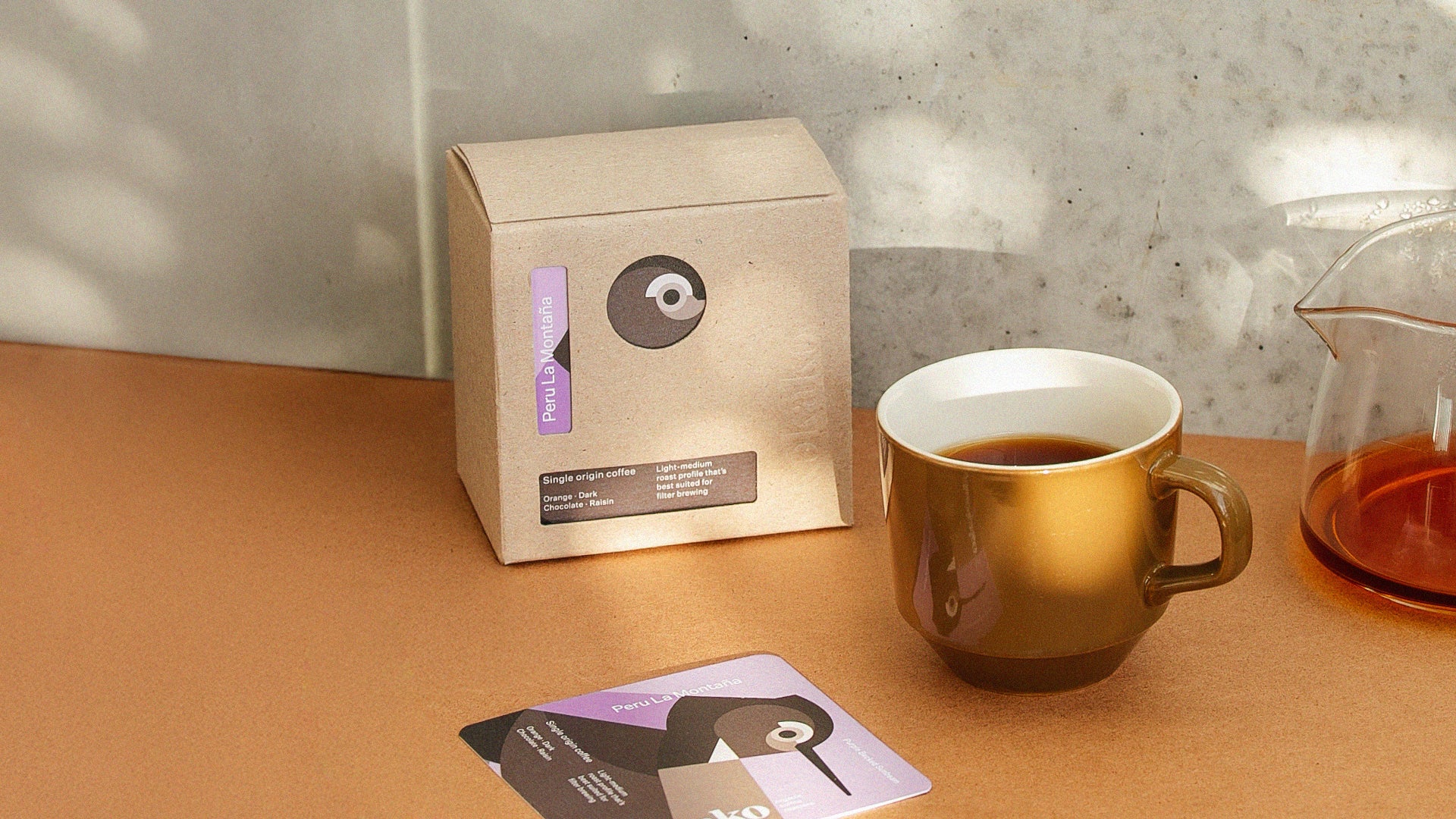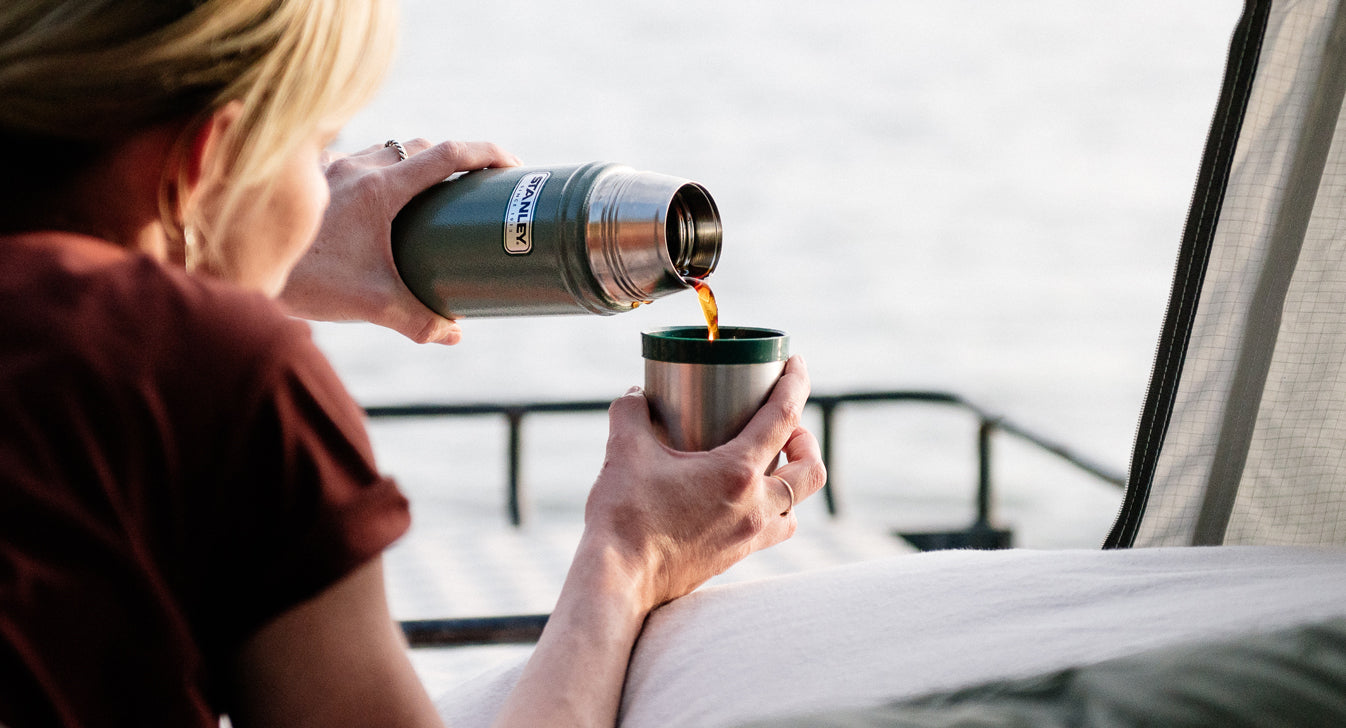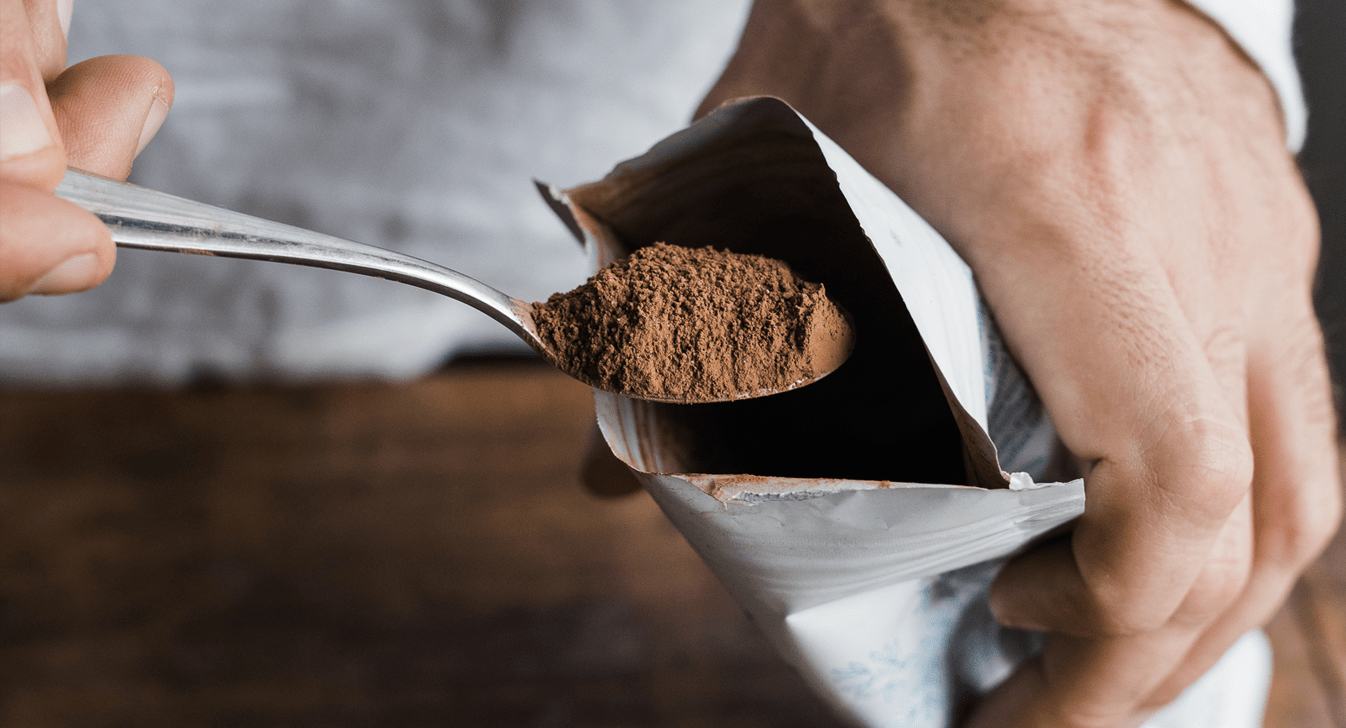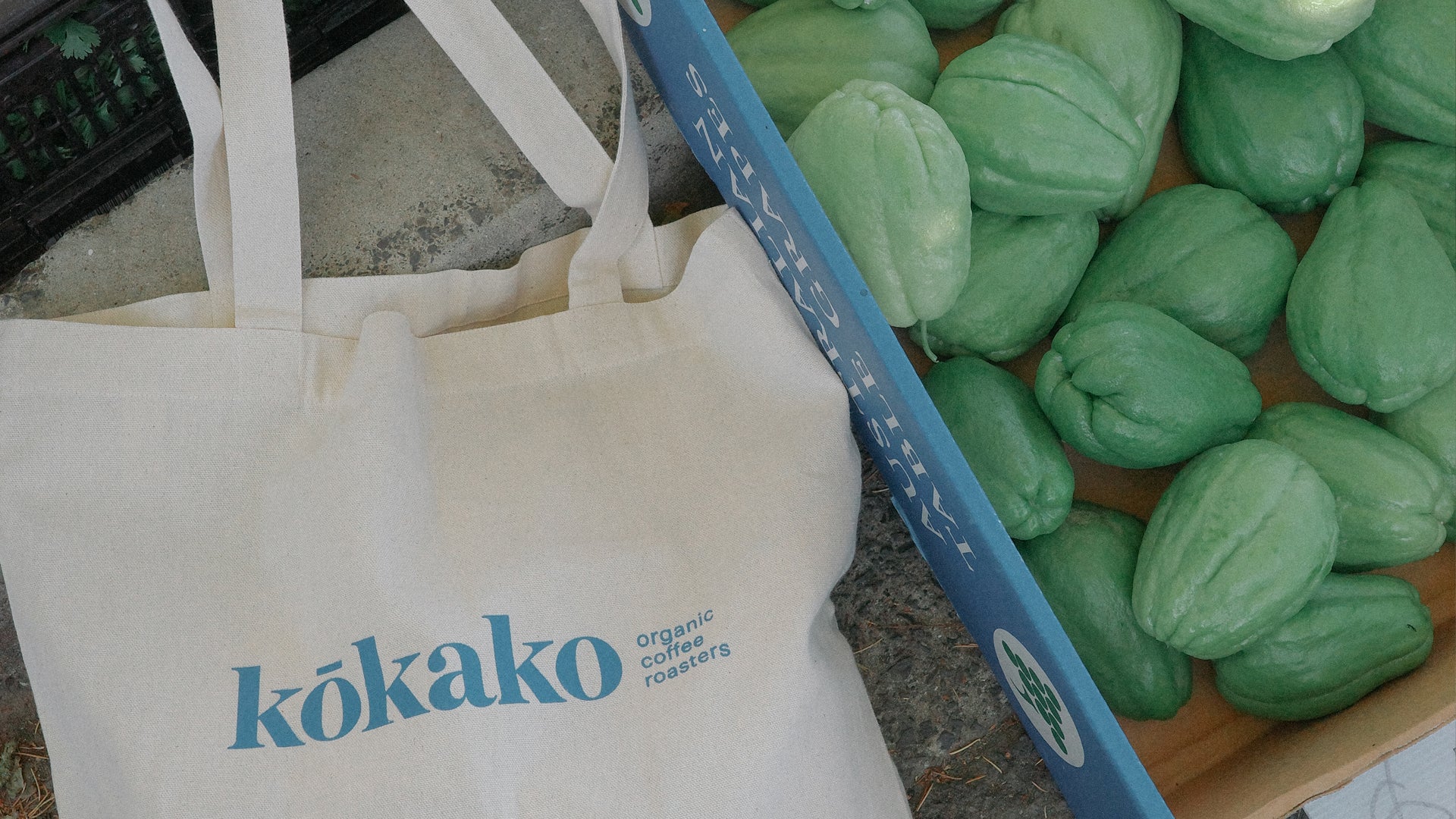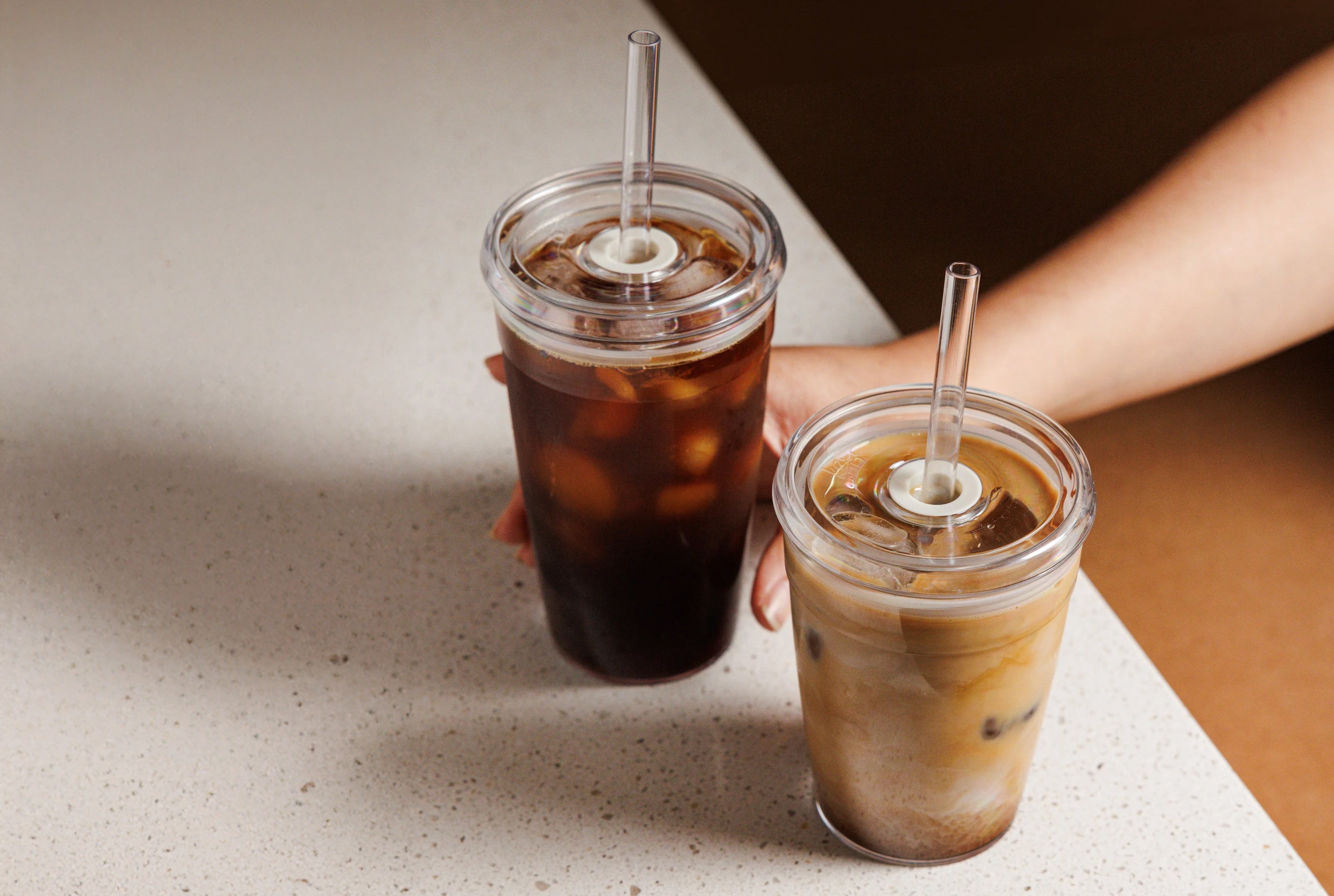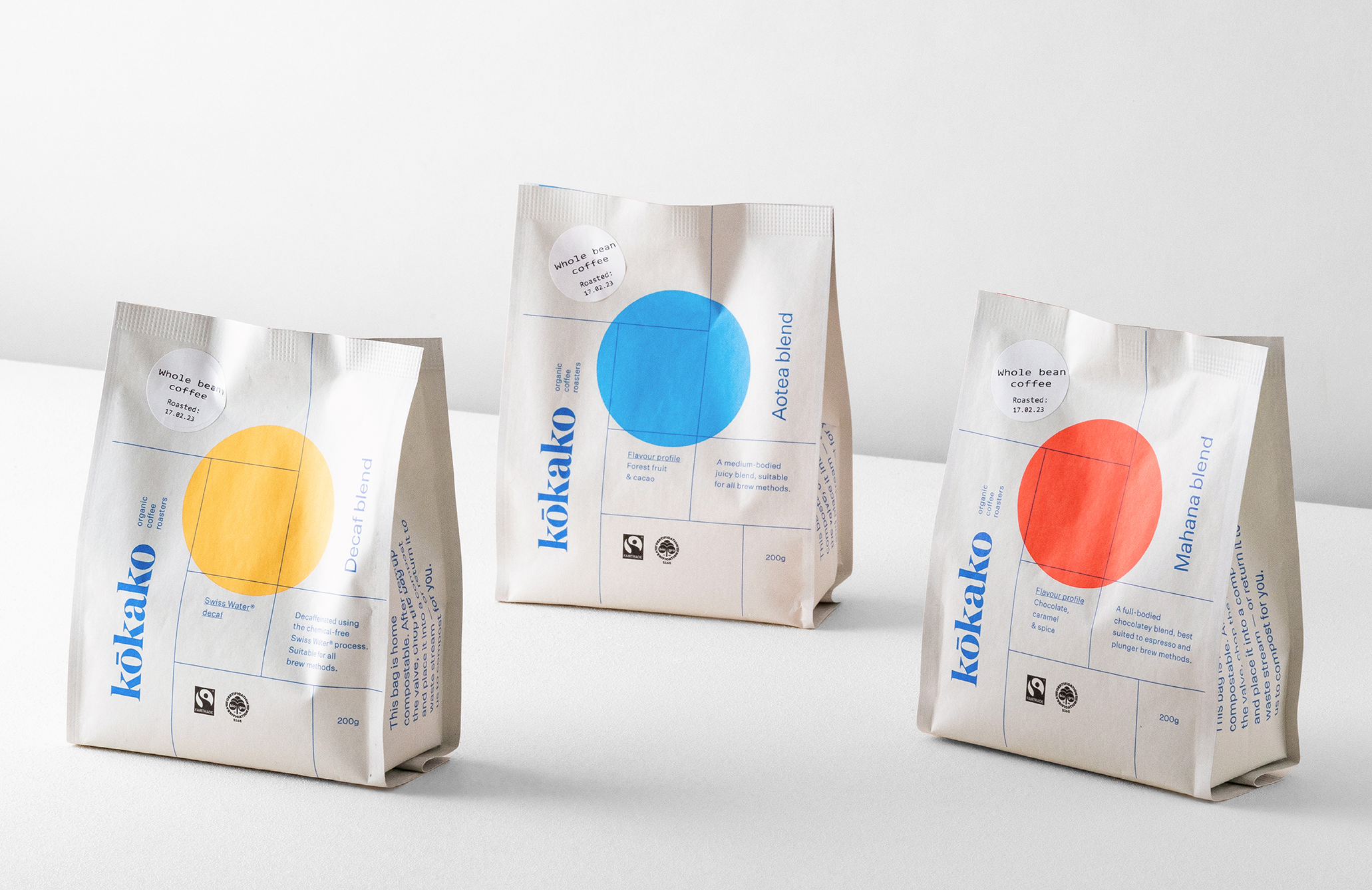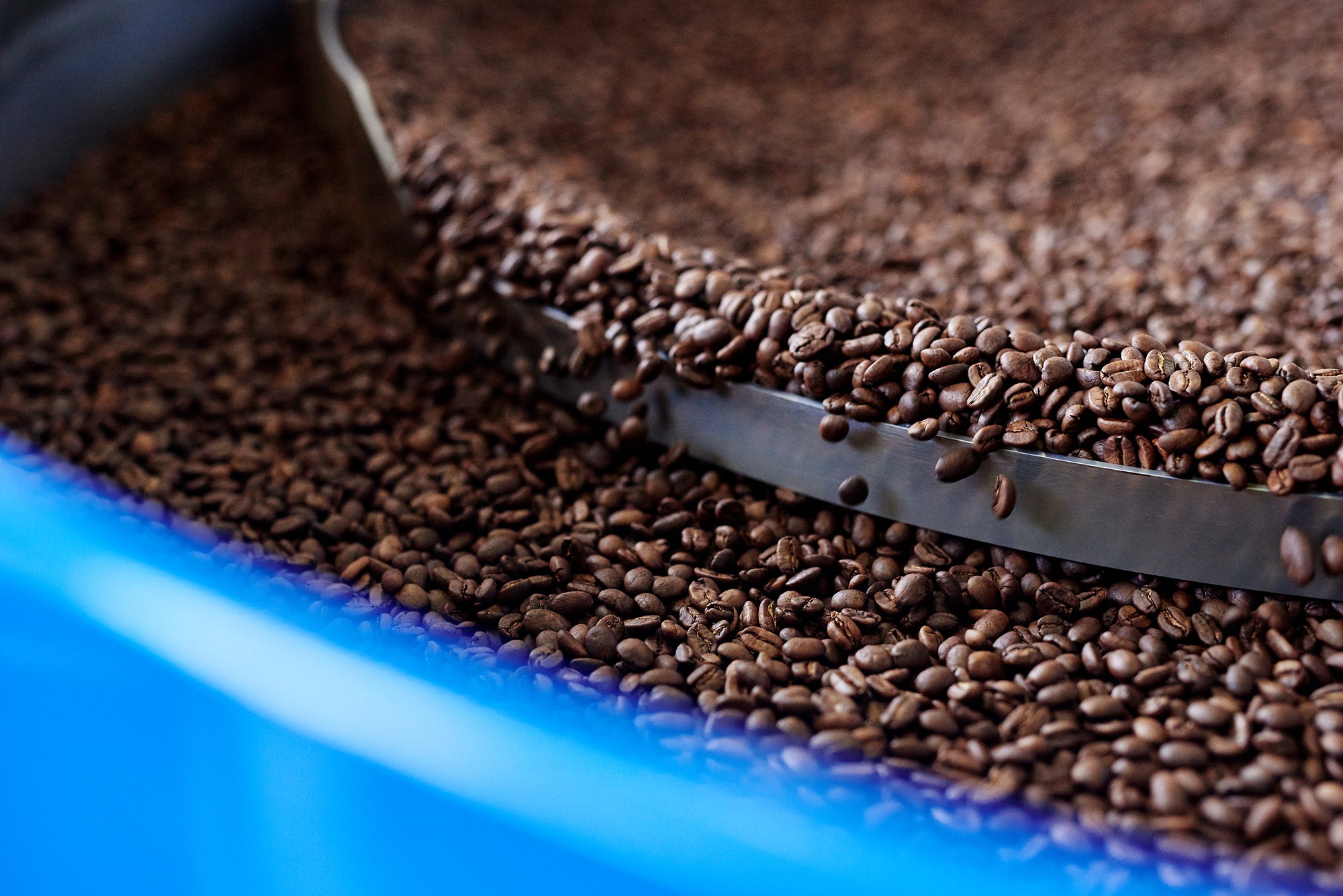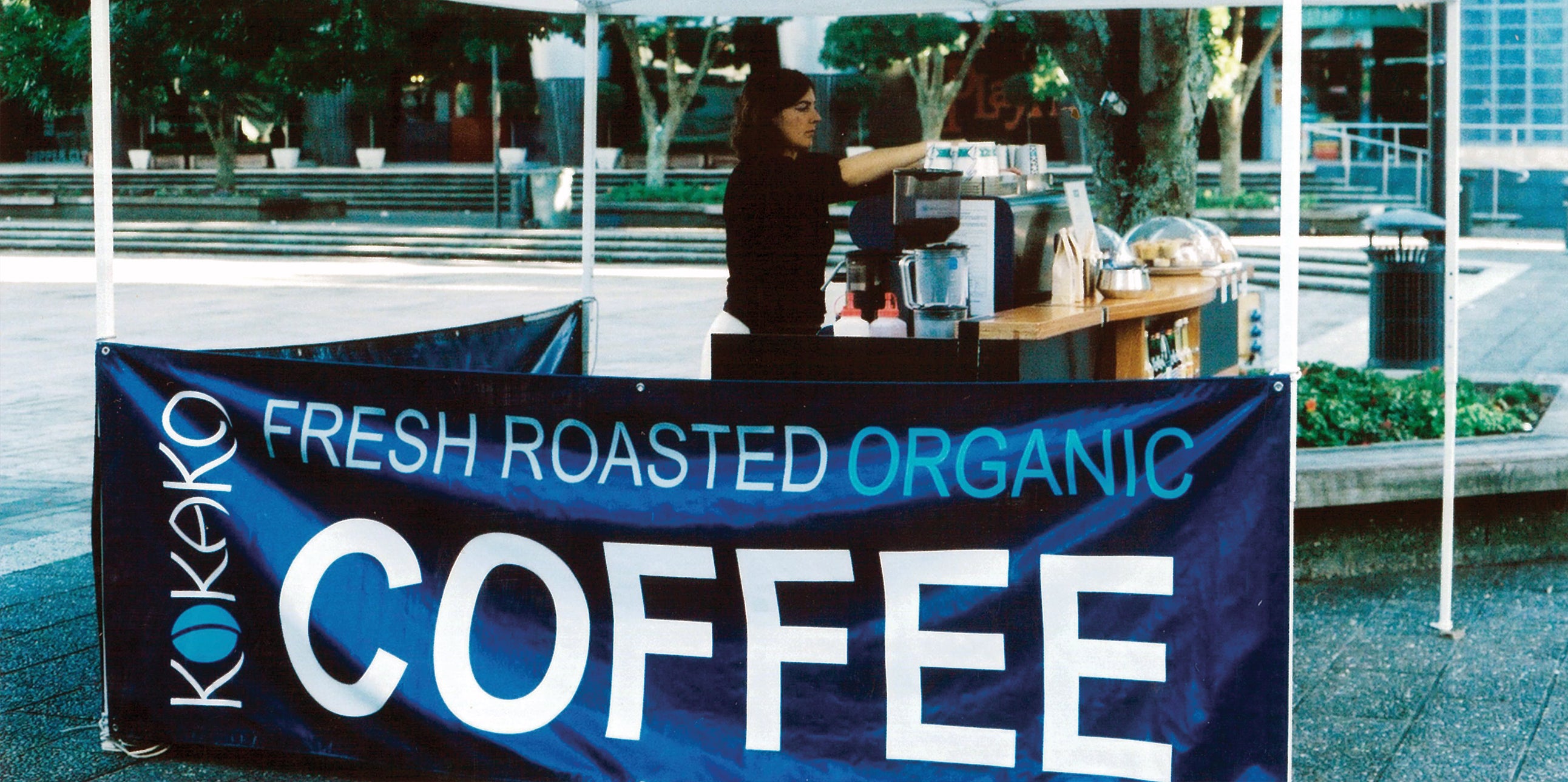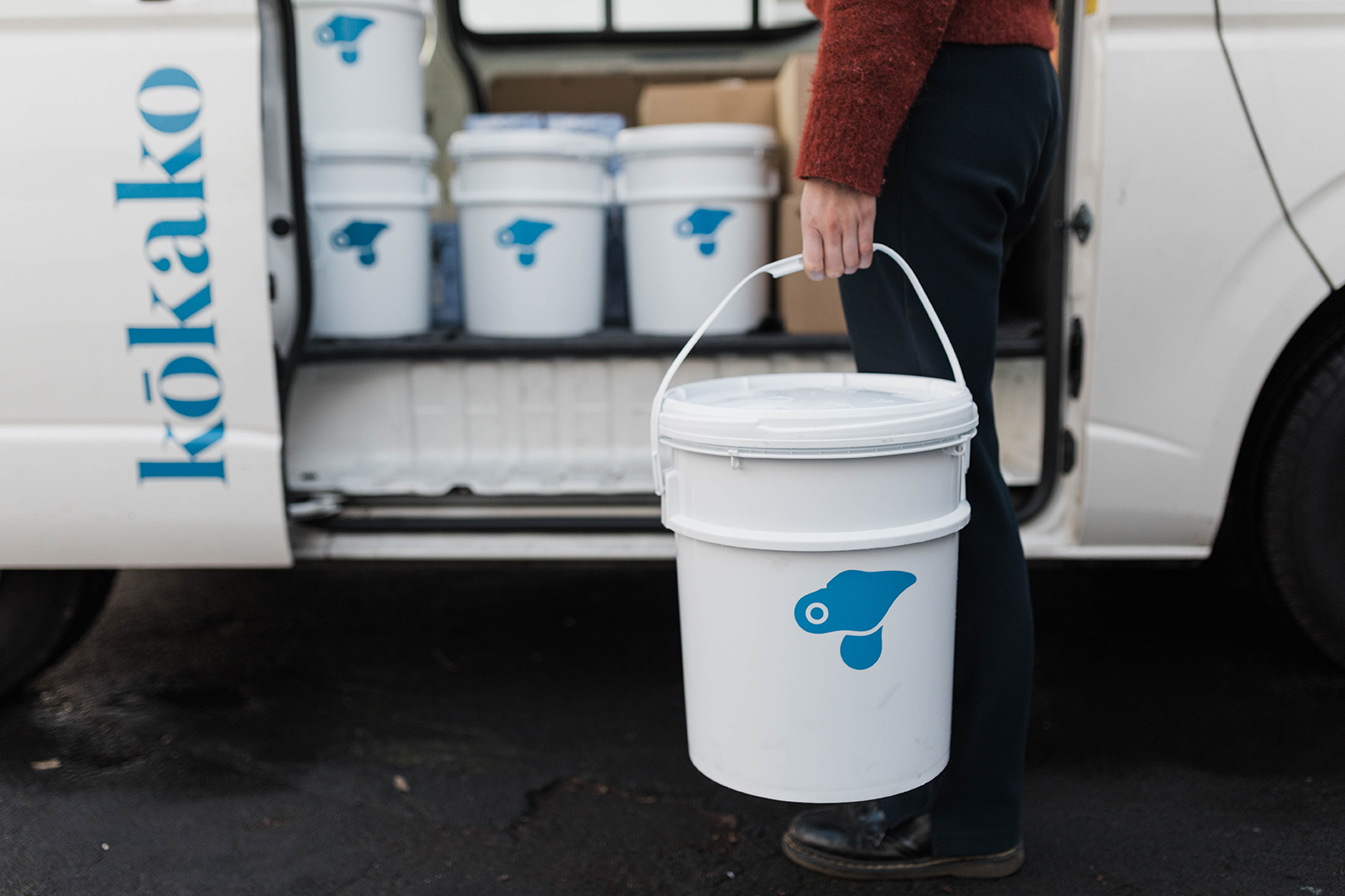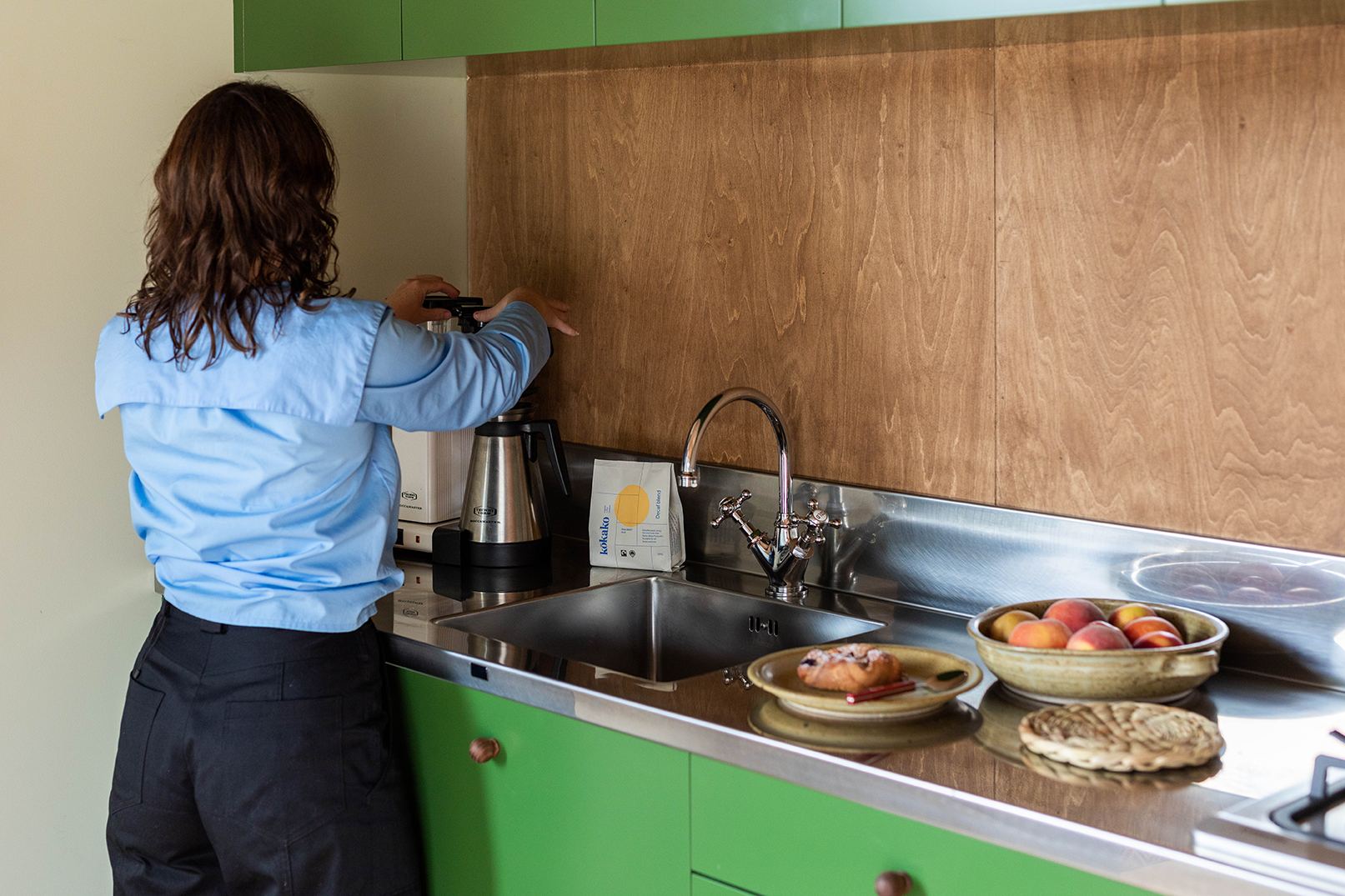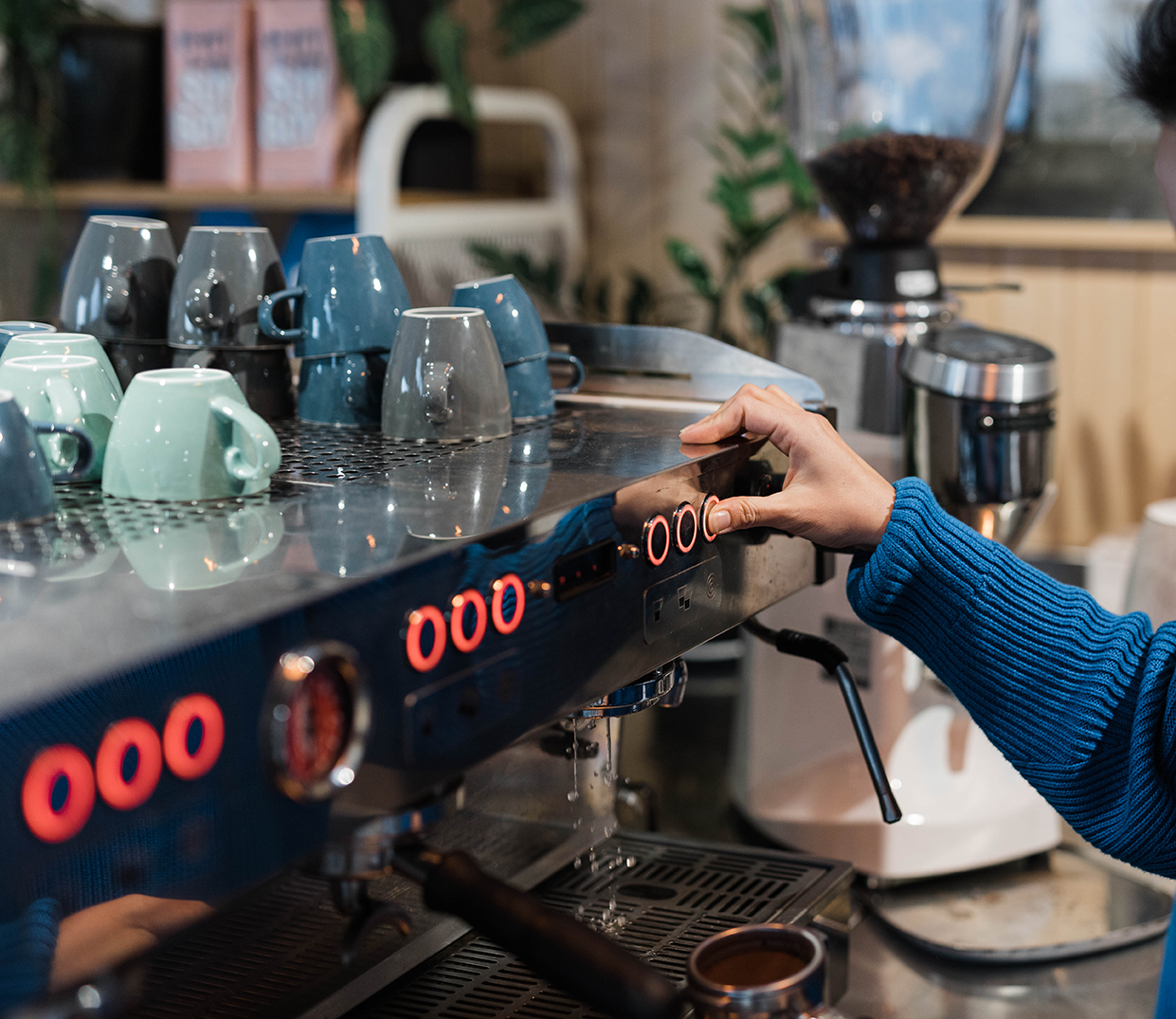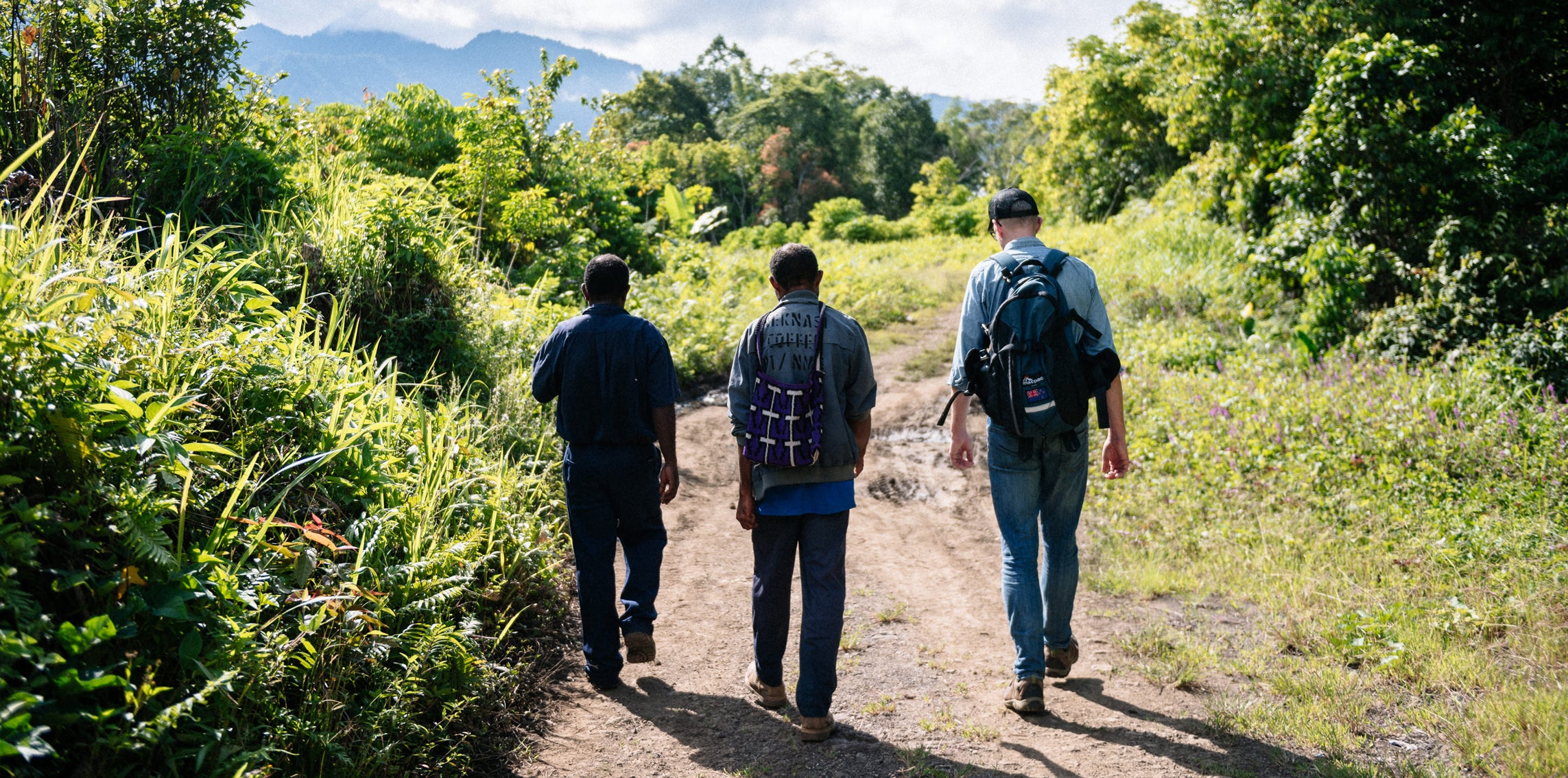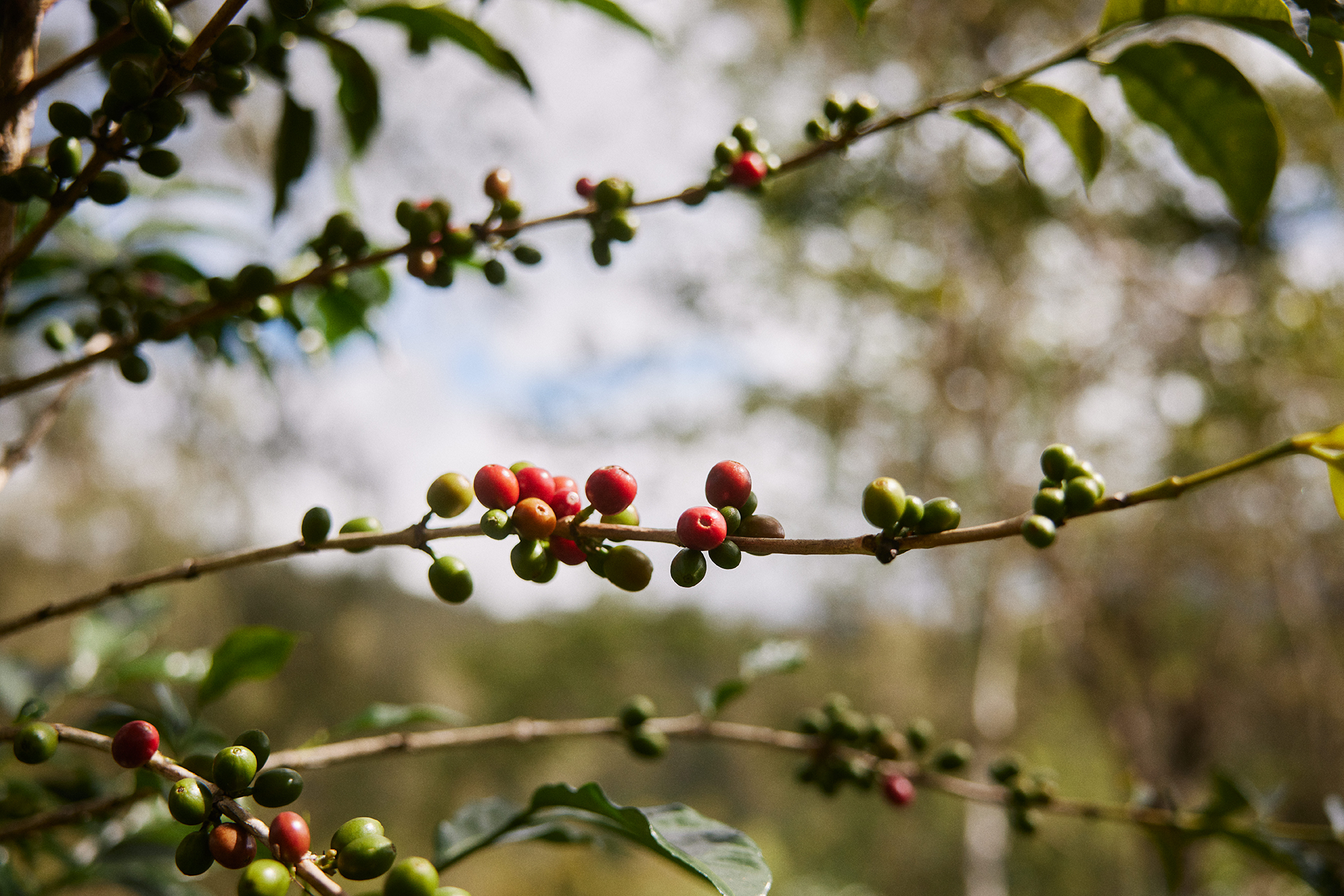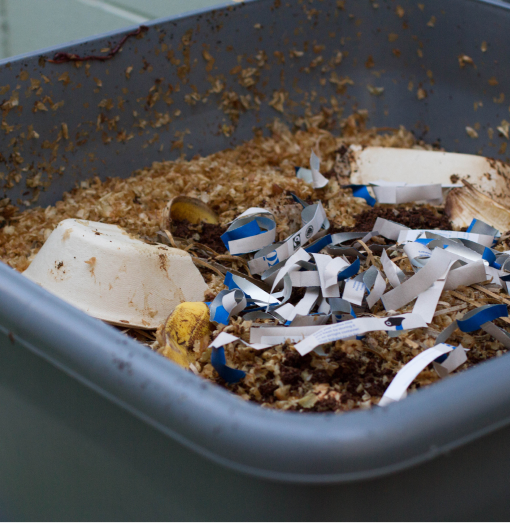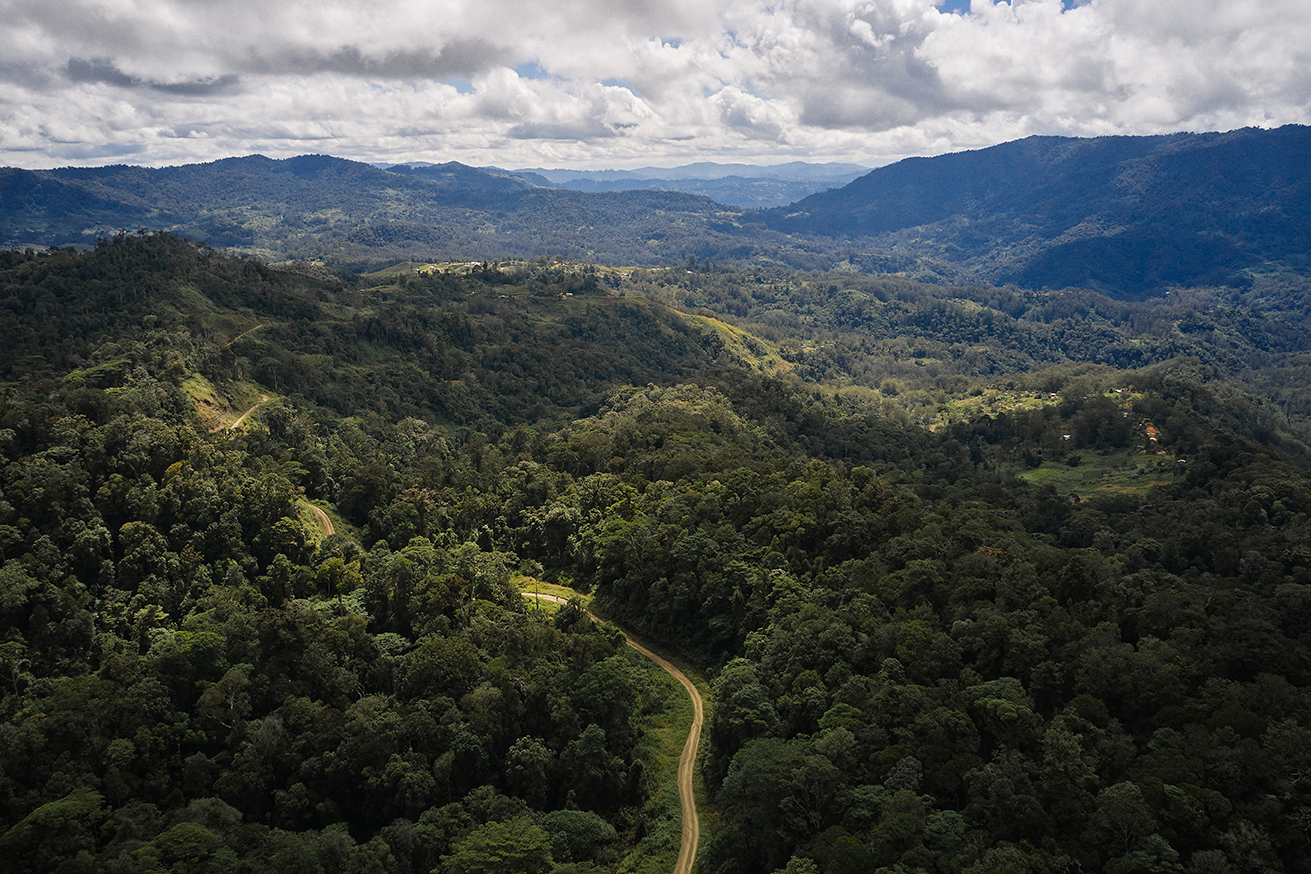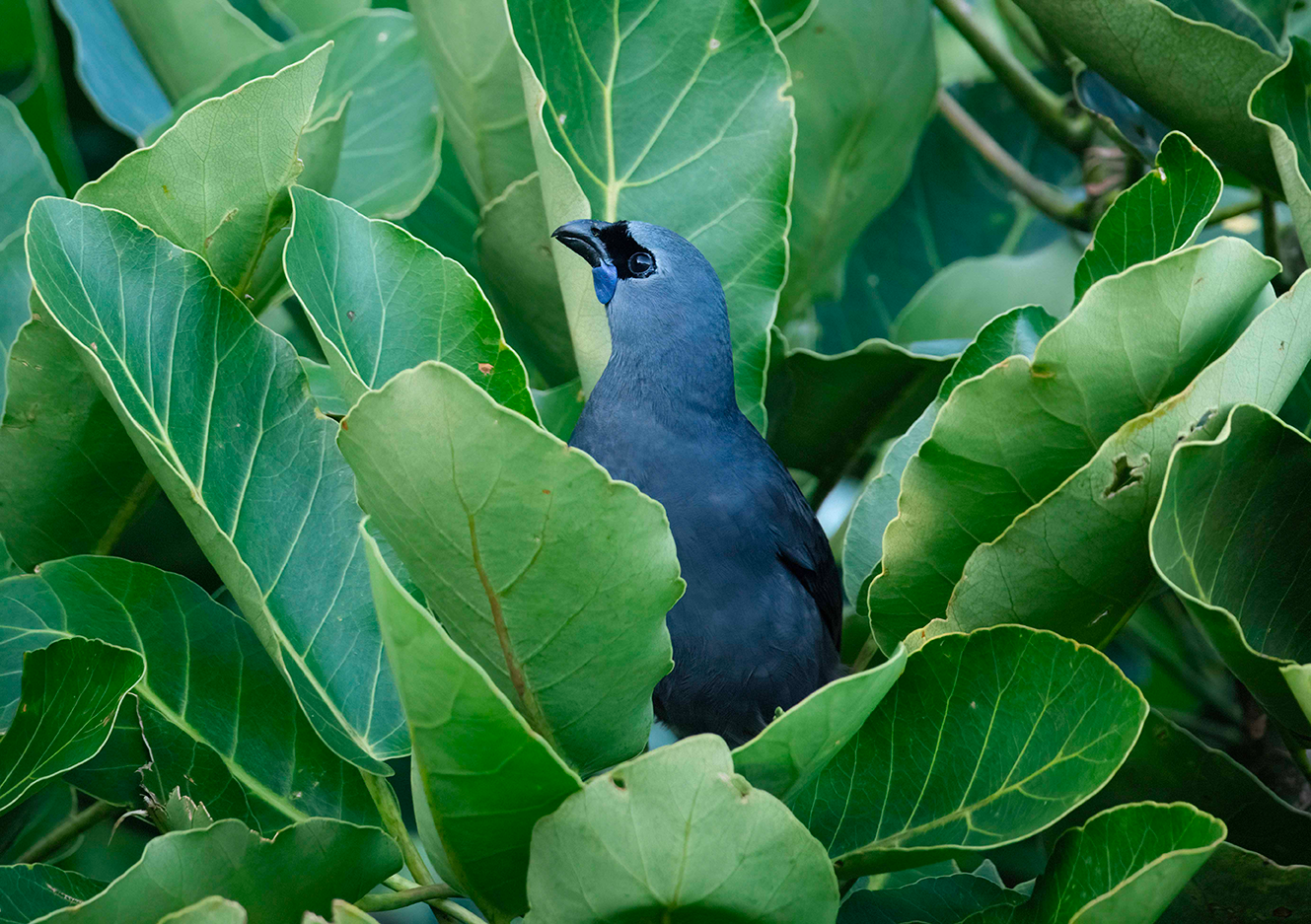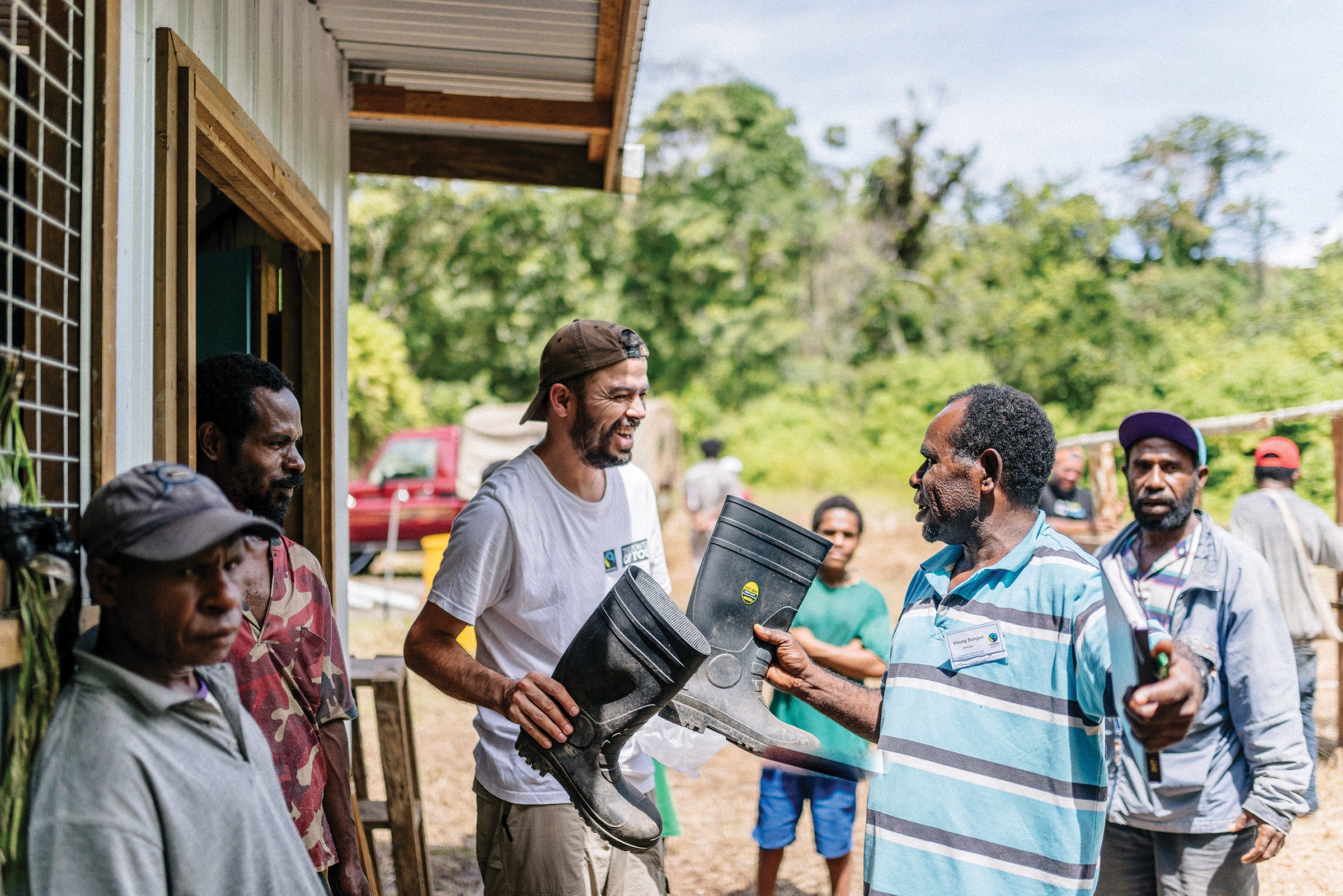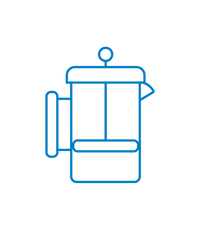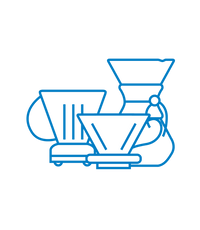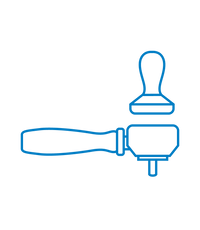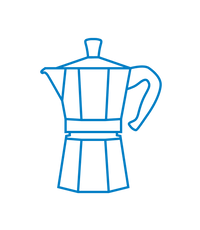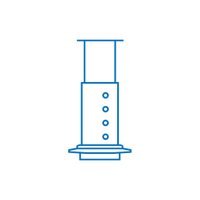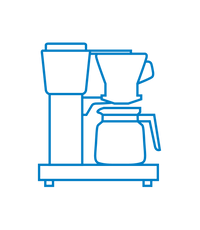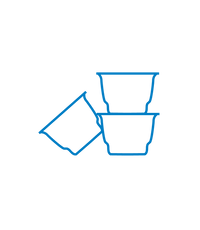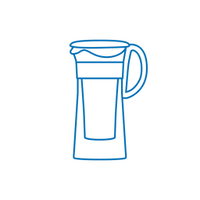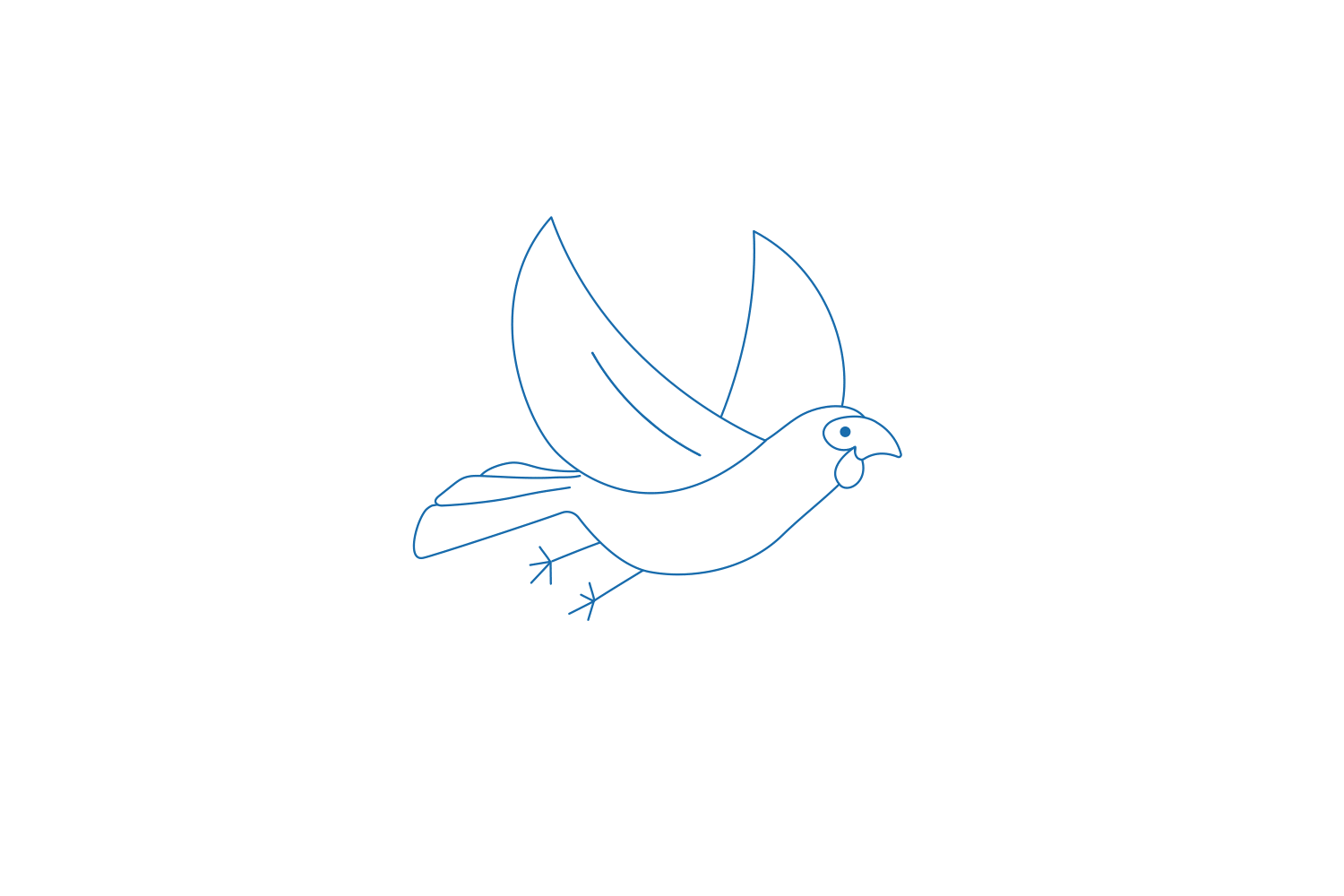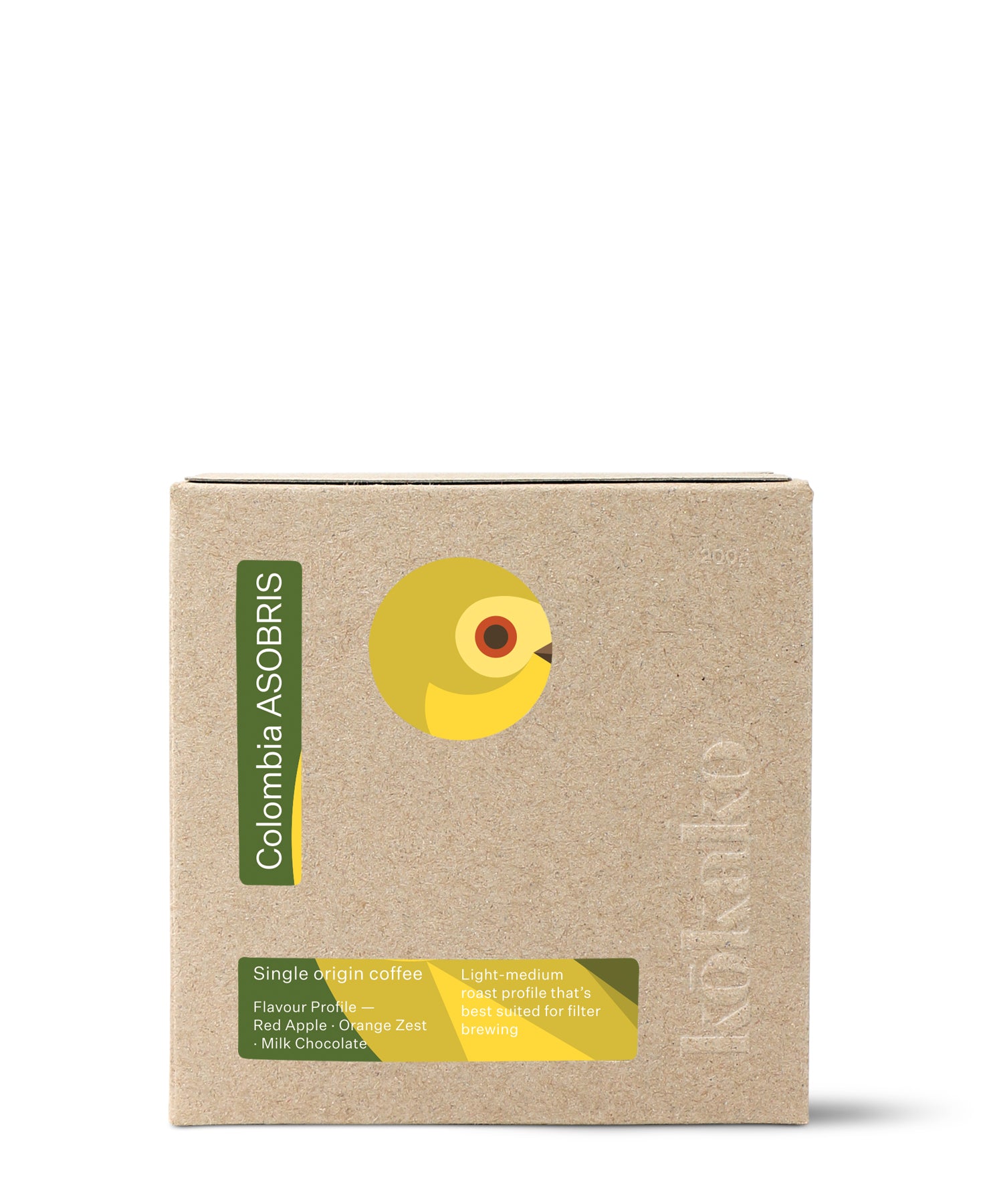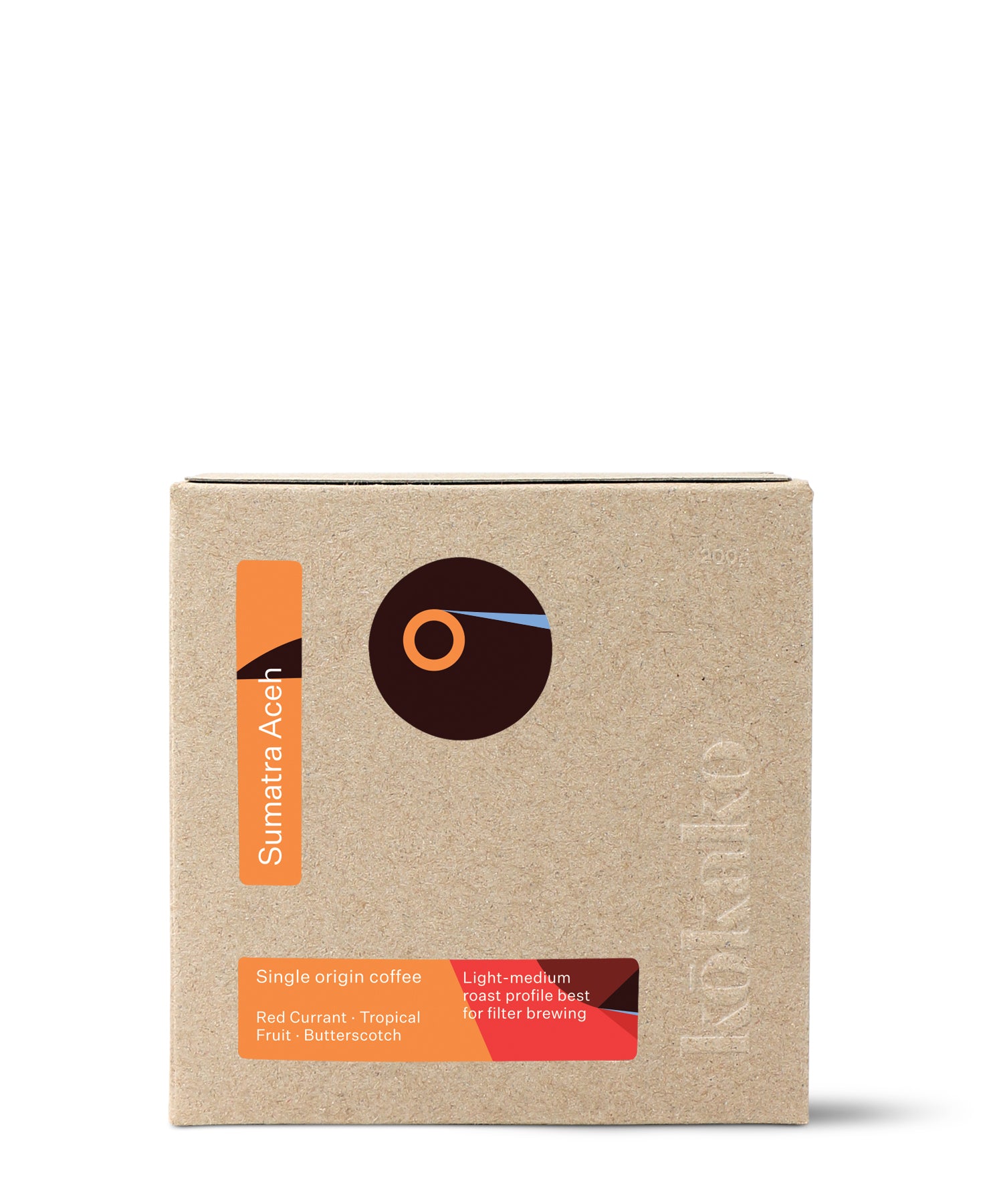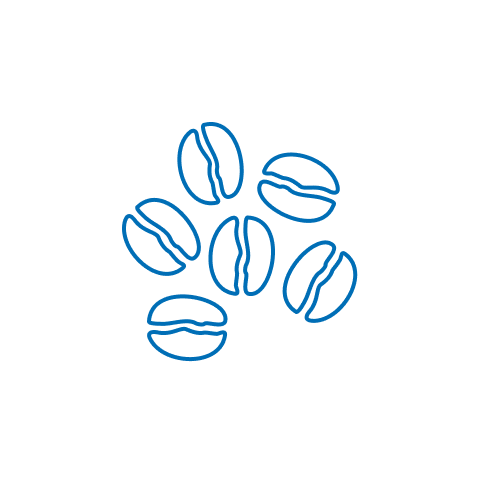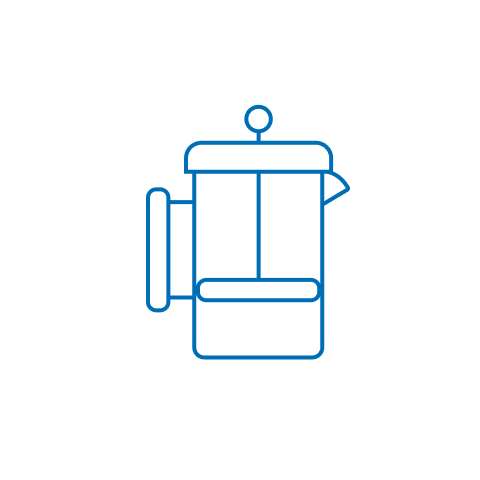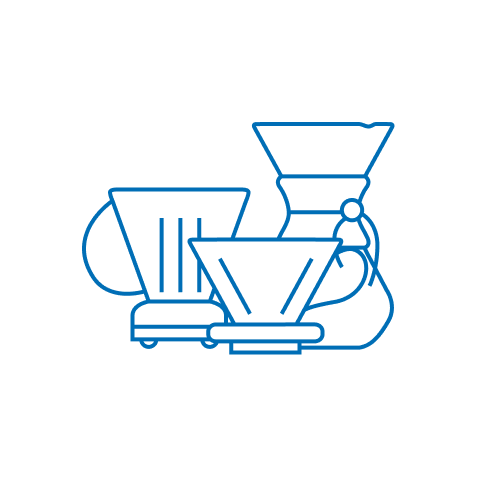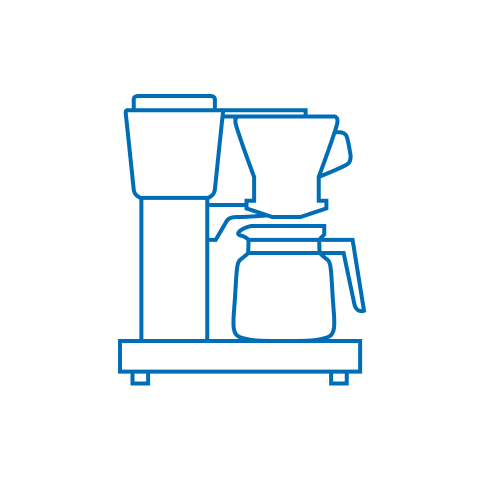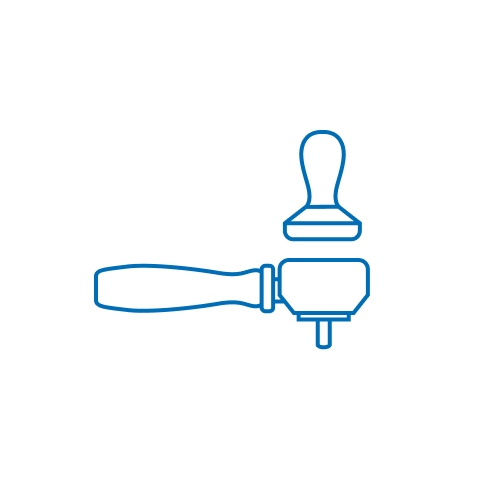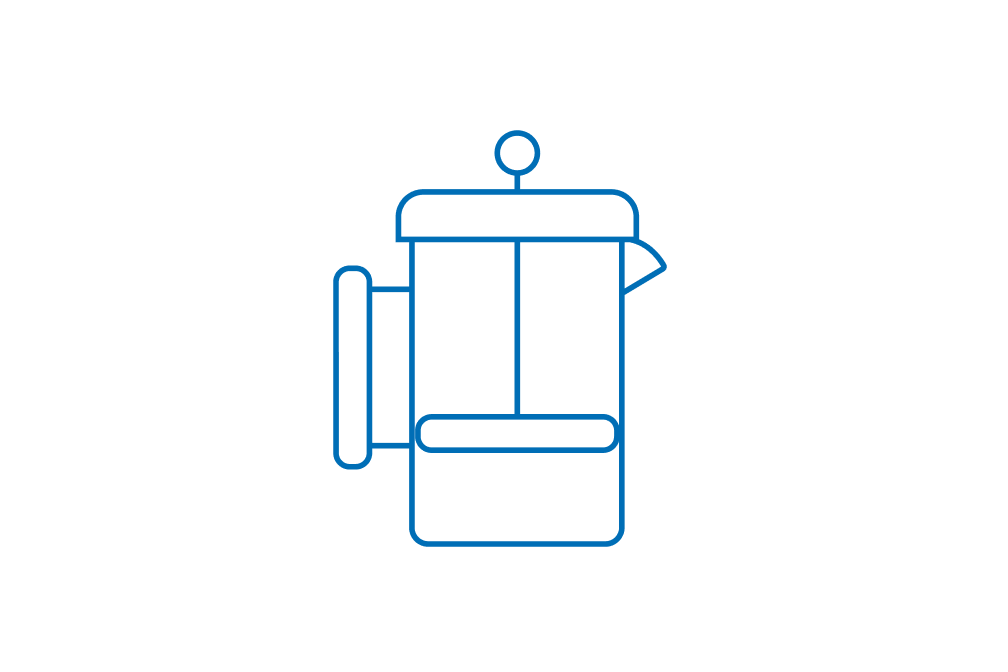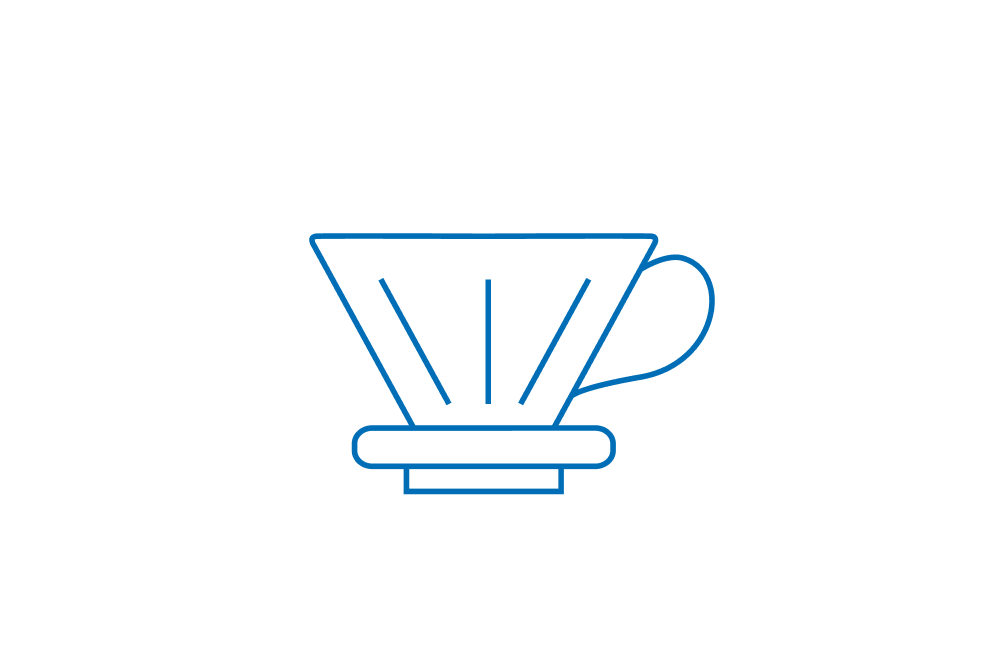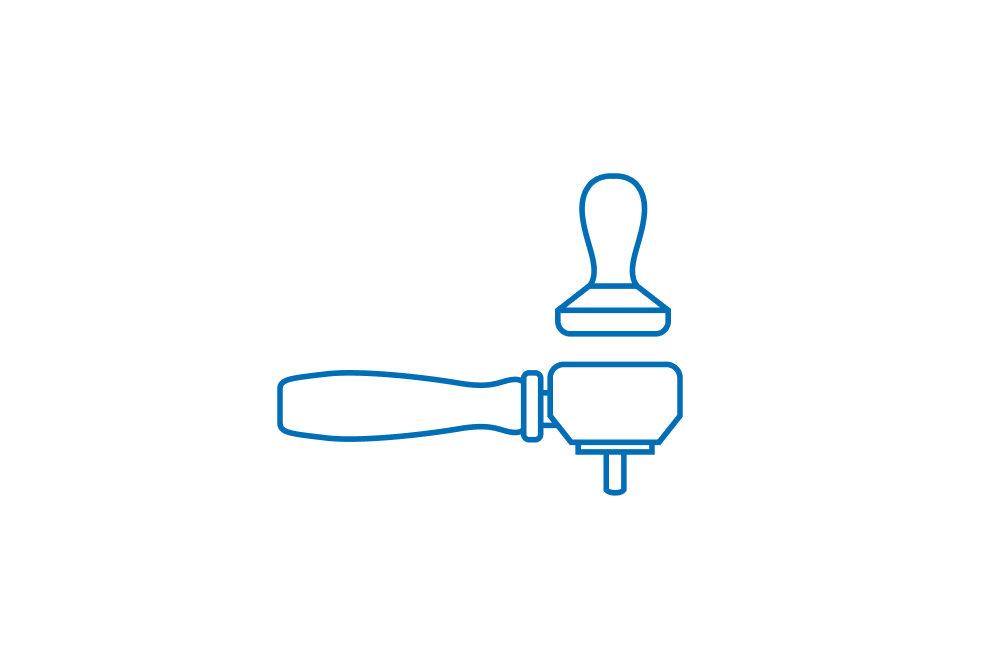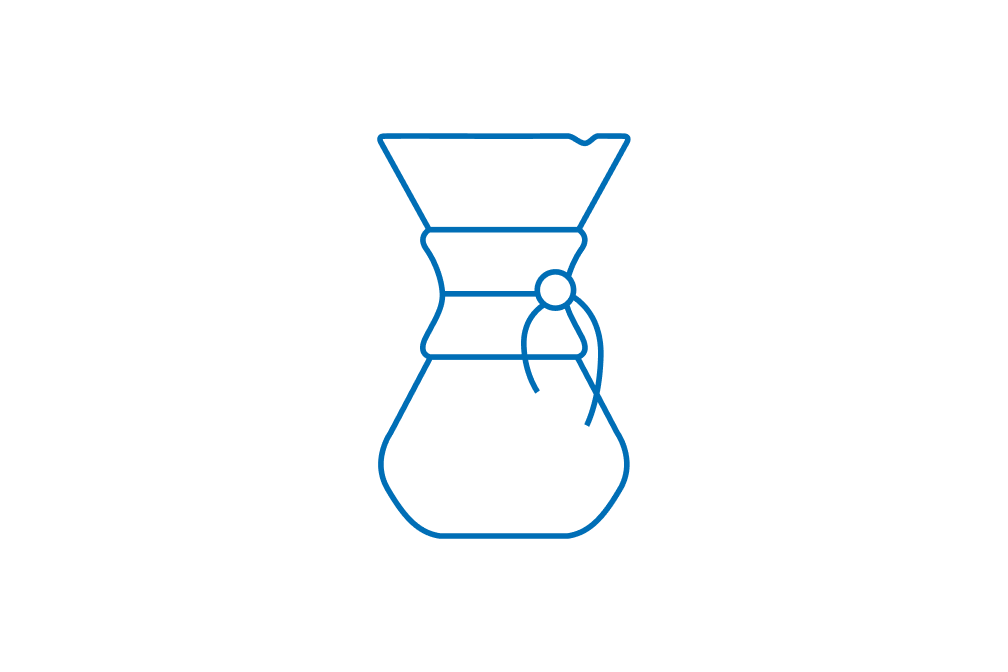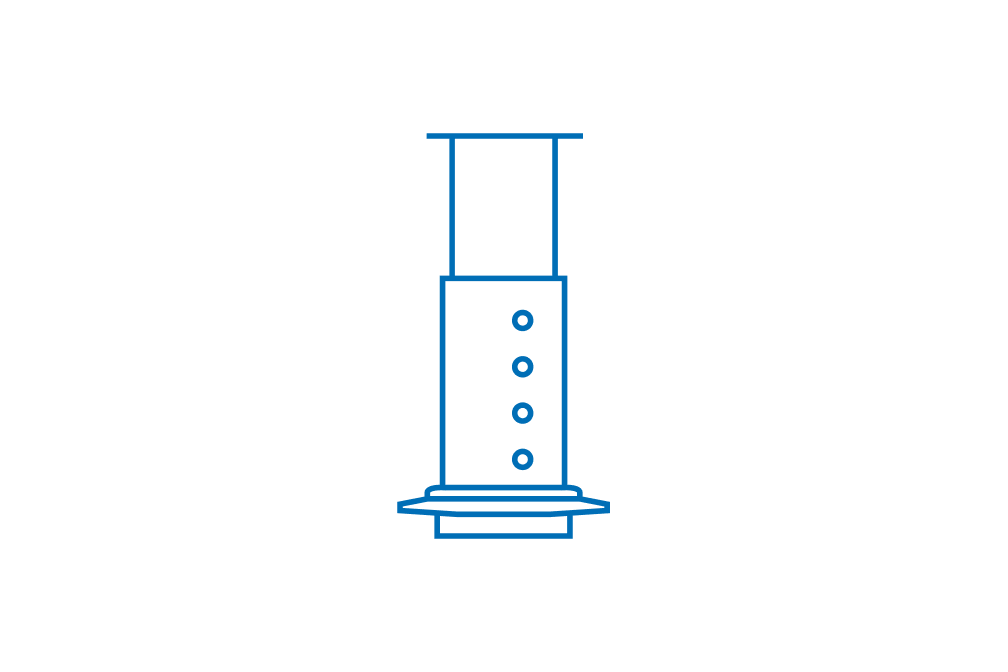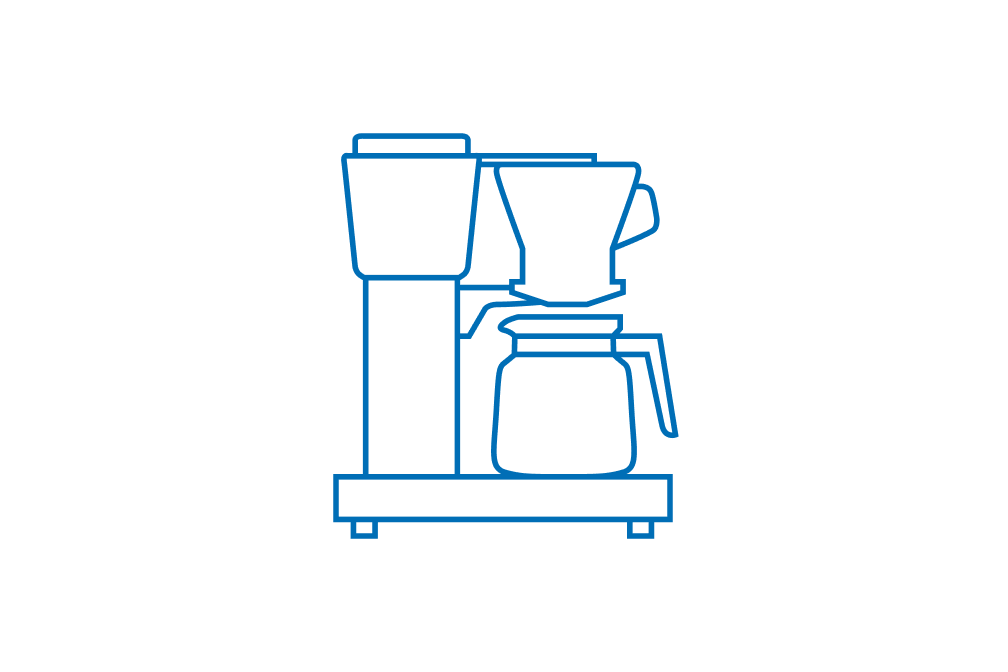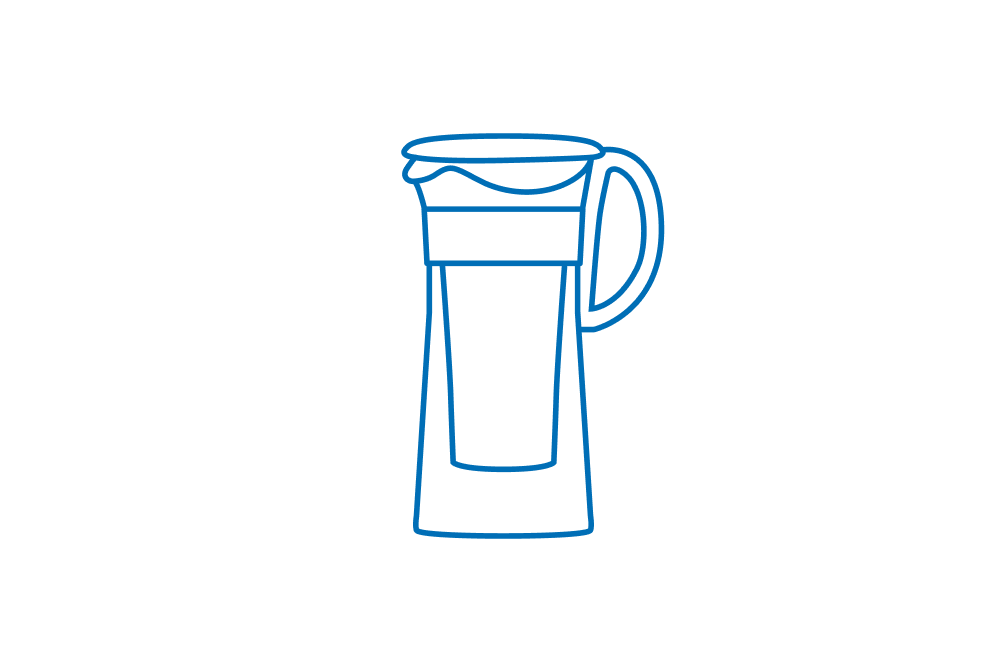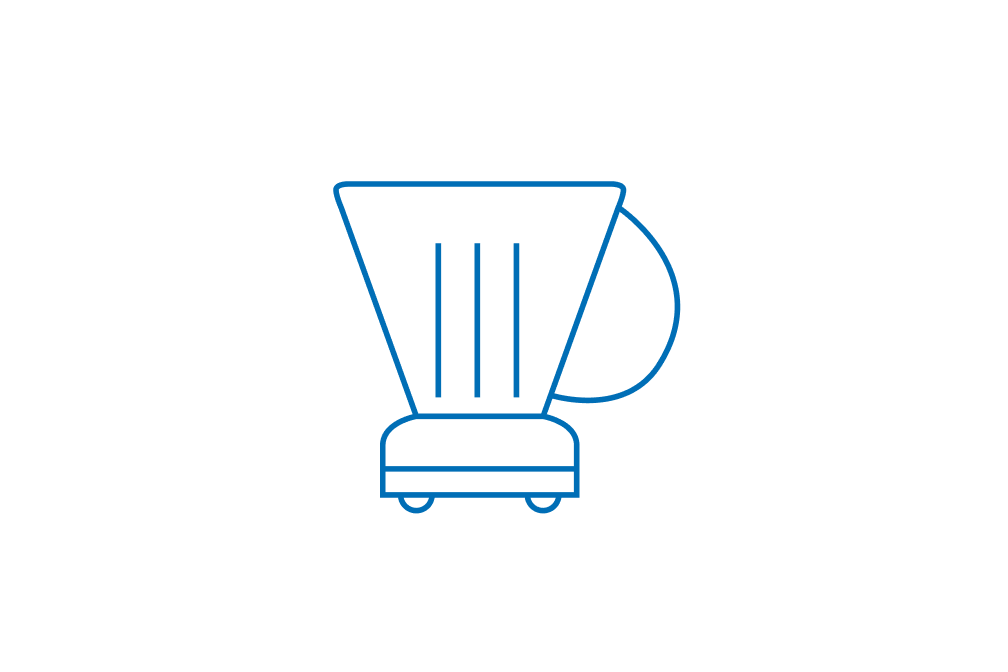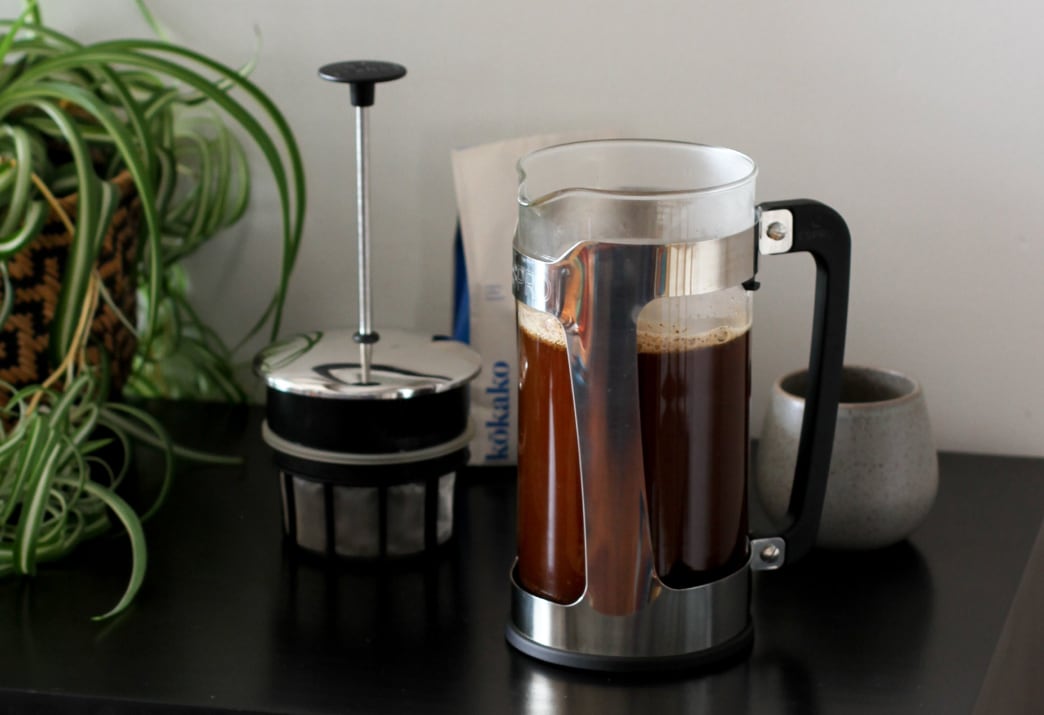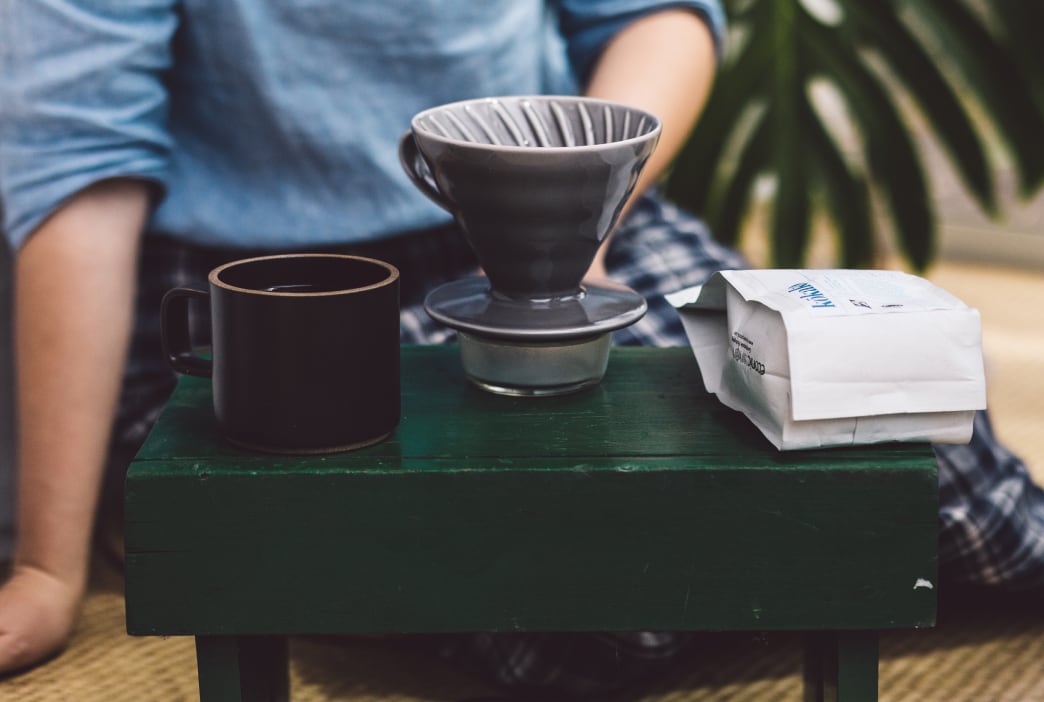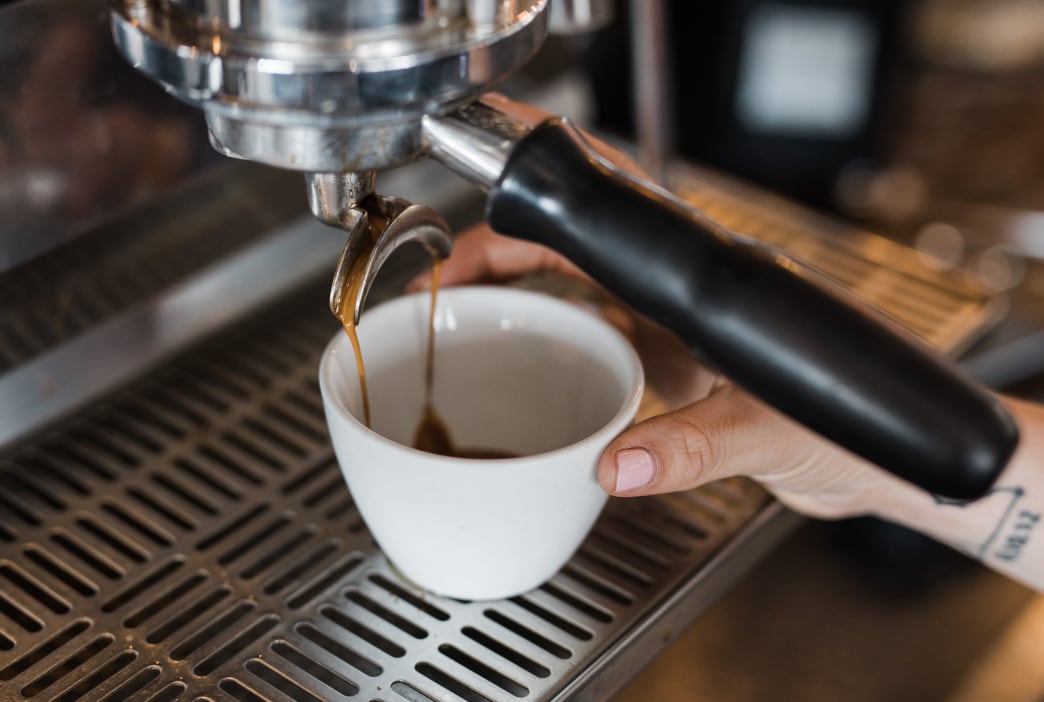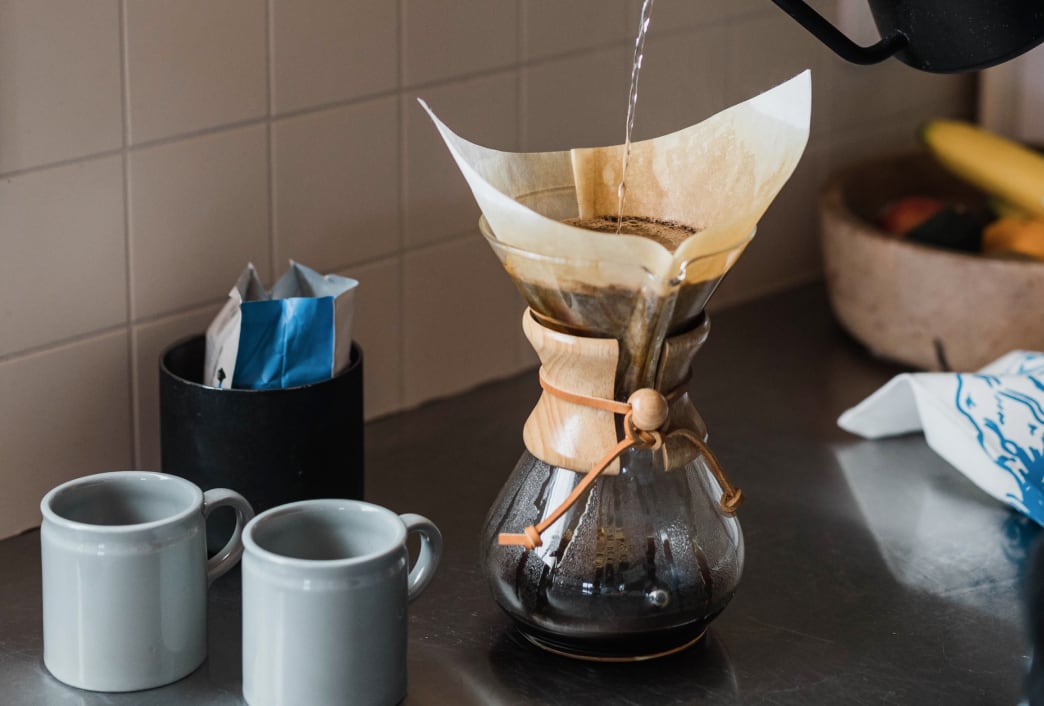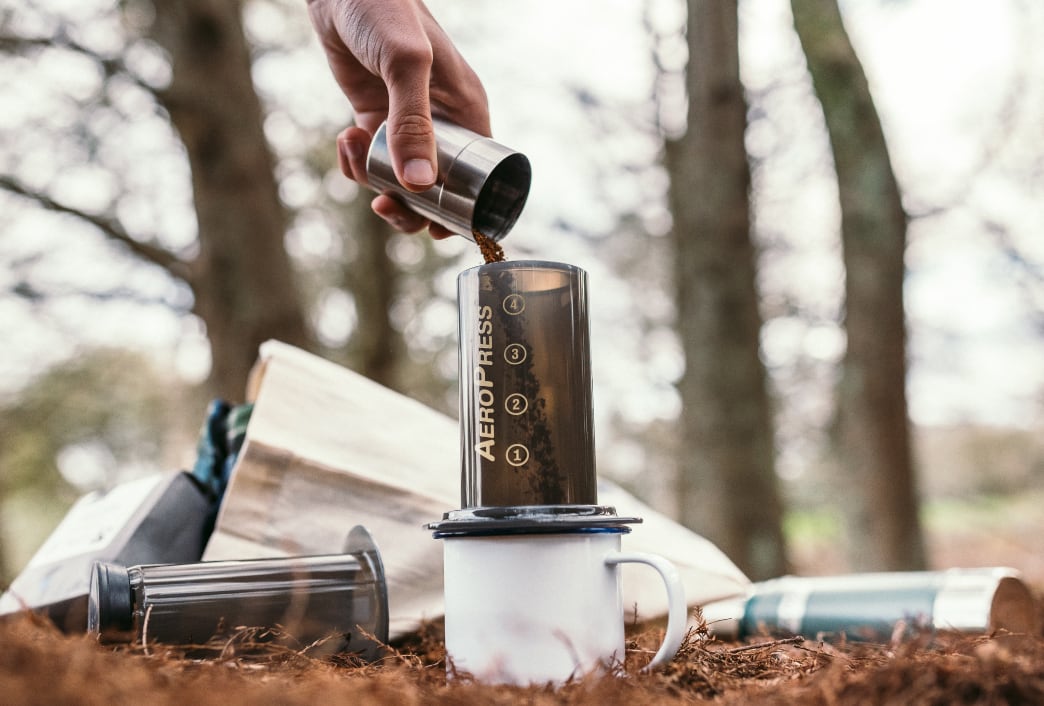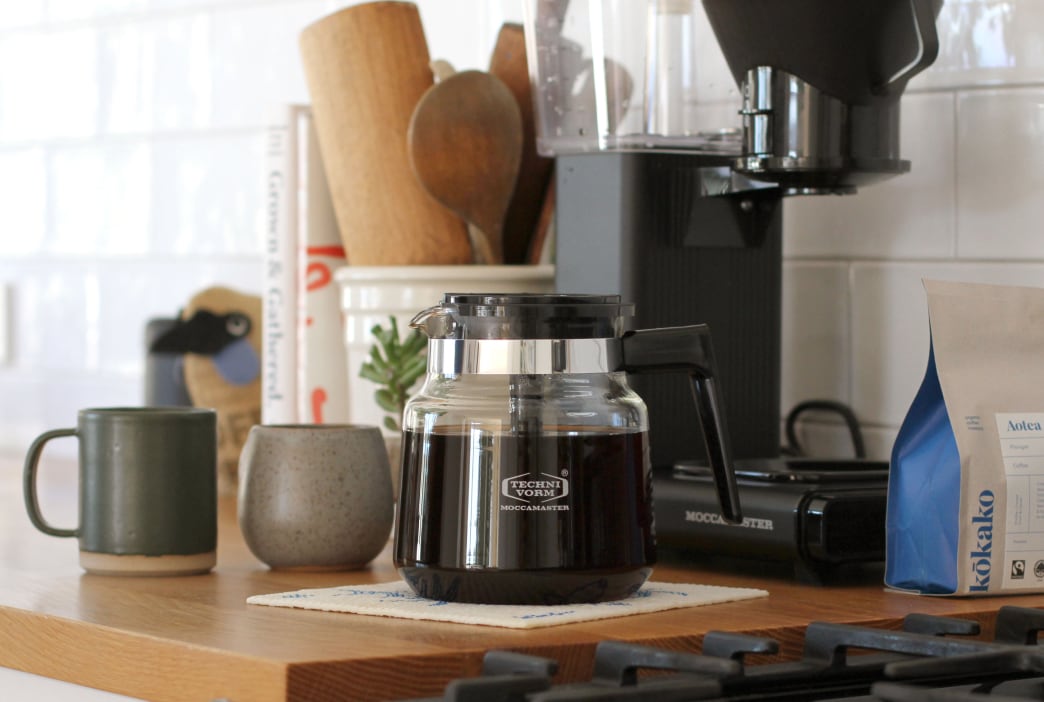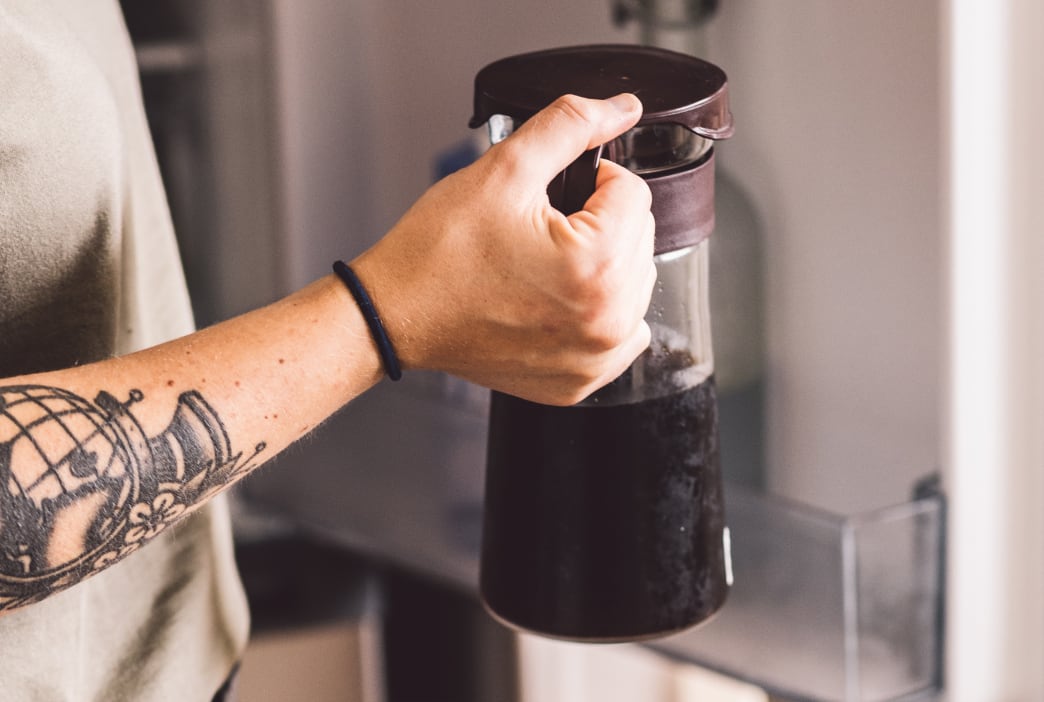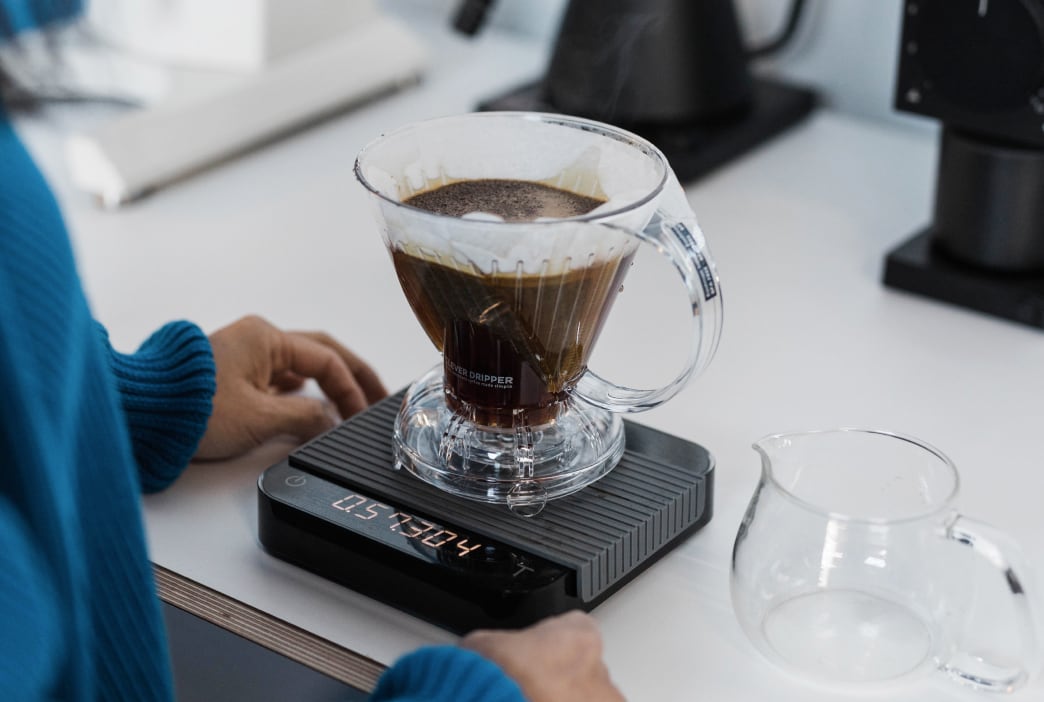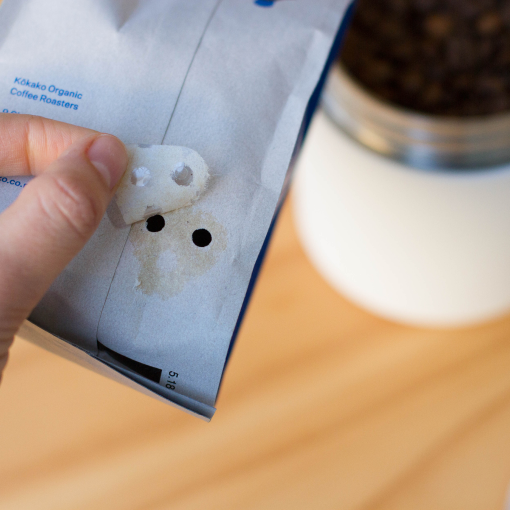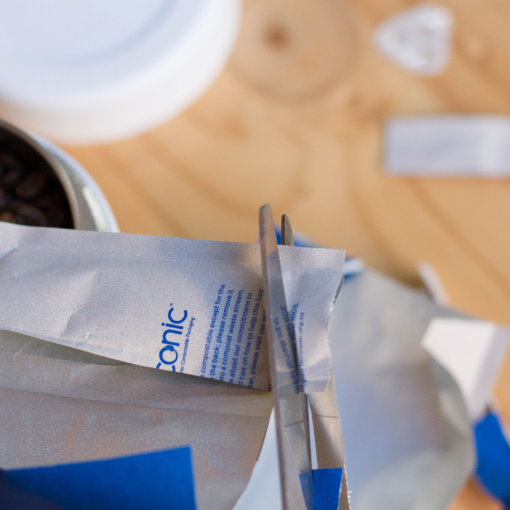November 26, 2021
Will Valverde, Fairtrade: Training coffee farmers through a pandemic
For Fairtrade ANZ Senior Producer Support Officer, Will Valverde, coffee is in the blood. When asked about growing up in a family of coffee producers, Will says, “When my mother was pregnant with me – I’m the fifth of seven children – my family moved to another town to work in the harvest. On my birthday, she picked coffee during the day and I was born during the night. I grew up with a coffee plantation as my backyard. That was my playground, so coffee has always been connected to who I am.”
Will has been a key player in helping us to establish great relationships with coffee co-operatives, particularly in Papua New Guinea. His passion and expertise helped the producers to lift the quality of their coffee to an internationally recognised level. On top of all that, Will is just a really good bloke. We asked him a few questions about his time at Fairtrade and how the pandemic has affected his work.

You come from a family of Costa Rican coffee farmers — how did you come to work with Fairtrade ANZ?
In my cooperative (CoopeAgri), I used to work in the social development and management side of coffee and sugar processing and exporting. While working in this position I became acquainted with the Fairtrade certification system. The Spanish name of Fairtrade, Comercio Justo, immediately struck a chord with me. I started to realise the system was promoting not simply a certification, but a development model. (CoopeAgri was certified for its sugar cane in 1998 and coffee joined in 2004.) Once we were certified I oversaw the coordination of all Fairtrade activities.
The first time I visited New Zealand was during Fairtrade Fortnight to share how being a Fairtrade Cooperative had helped CoopeAgri make a difference in its community. After a second visit not long after, an opportunity came up and knowing first-hand how NZ was, I applied for a position as producer support. So here I am after a few years of trying to transmit my knowledge and experience to farmers in this part of the world. I’ve been working for Fairtrade for over 10 years now.
In your own words, explain what Fairtrade means.
To me, it’s more than a certification, it’s a model of development that has the farmers in the core of them, from the decision-making process where the system is 50% owned by farmers around the world to farmers deciding in their organisations how to invest the Fairtrade premium and benefiting from a sustainable price.

Can you tell us a bit about what you do at Fairtrade?
I am currently the Coffee Quality Advisor and producer support. I am leading Fairtrade efforts to help Fairtrade coffee farmers from the pacific to improve the quality and consistency of their products to market. I also work closely with Producer organisations in Timor Leste as their Liaison officer.
What is your favourite part of your job?
I think my favourite thing of my work is the engagement with the coffee farmers, particularly on the ground when we do conduct training programs, and the moment where I'm able to be accepted in the communities and be considered one of them — that’s something very rewarding for my job and makes me feel the time helping has made a difference for them.
How has the pandemic affected your work?
I would say that it hasn’t been easy for us to conduct our work, particularly in my area of coffee processing and quality, where you are required to be close to the coffee gardens and close to the farmers to be able to better help them to improve. The current limitations created by COVID have made us rethink the way that we do things and forced us to adjust our work, particularly for a program that we've been working on with the Coffee Quality Institute to implement Good Processing Practices with the producer organisations in PNG. We needed to come up with some solutions to help the producer organisation join in on the training, to help them improve quality and consistency, remotely. We made a needs assessment and jointly, with each group, we co-funded some solutions like solar panels, solar TVs, laptops, mobile phones etc. to connect with the farmers in the rural areas we work. So yes, it hasn’t been easy but producer organisations are, I would say, very enthusiastic and are trying to do their best to continue.

What have been some of the highlights/wins over your time with Fairtrade?
If I go back 10 years when I started to work directly with Fairtrade ANZ, what stands out for me is how the communities in rural areas of the countries we work with are benefitting. I remember the answer a farmer in PNG gave me when I asked what it had meant to him to be part of a Fairtrade cooperative; it really touched me. “Will, now me and my family, we can eat rice every day when before we used to do it every three months or so when we could afford it” …to witness how communities implement water projects, aid posts, improve their facilities to meet, store coffee, transport their product to market, improve their quality, etc — all of these things are highlights during my time with Fairtrade.
Share
Back to articles
